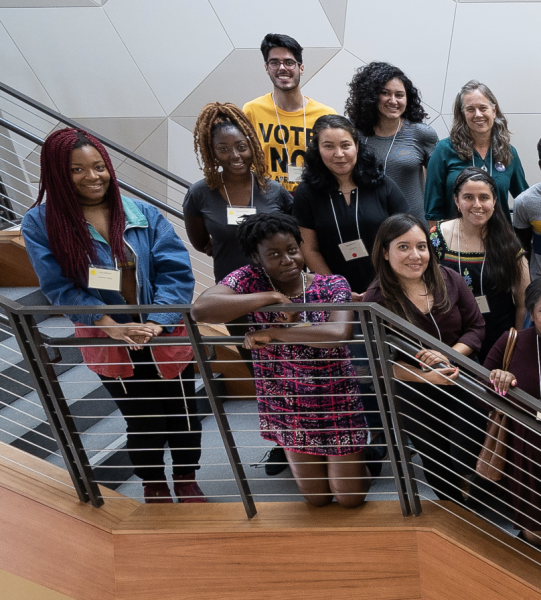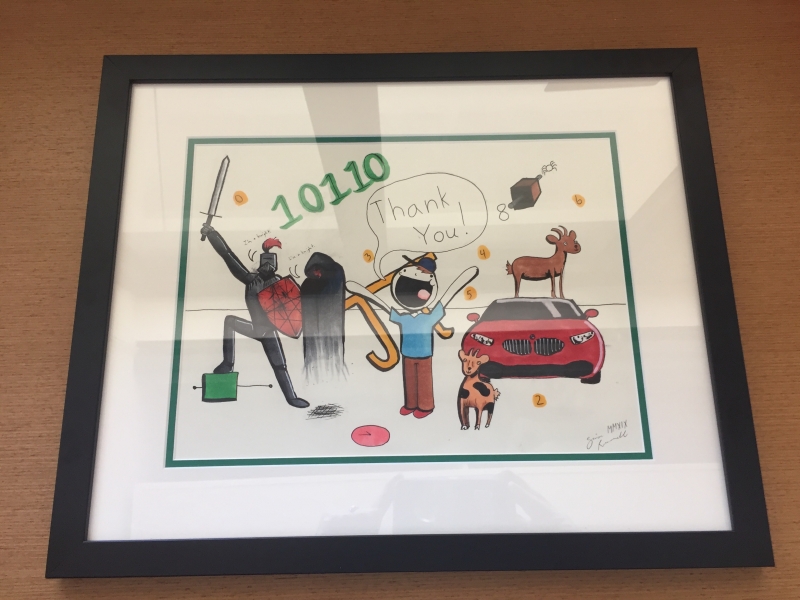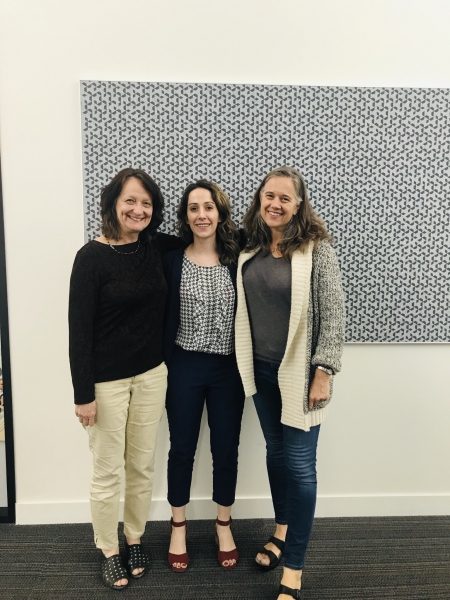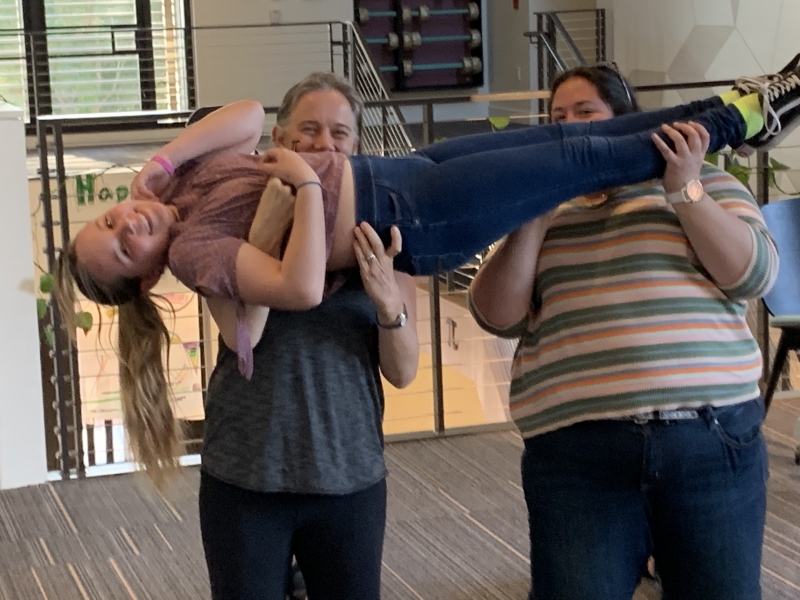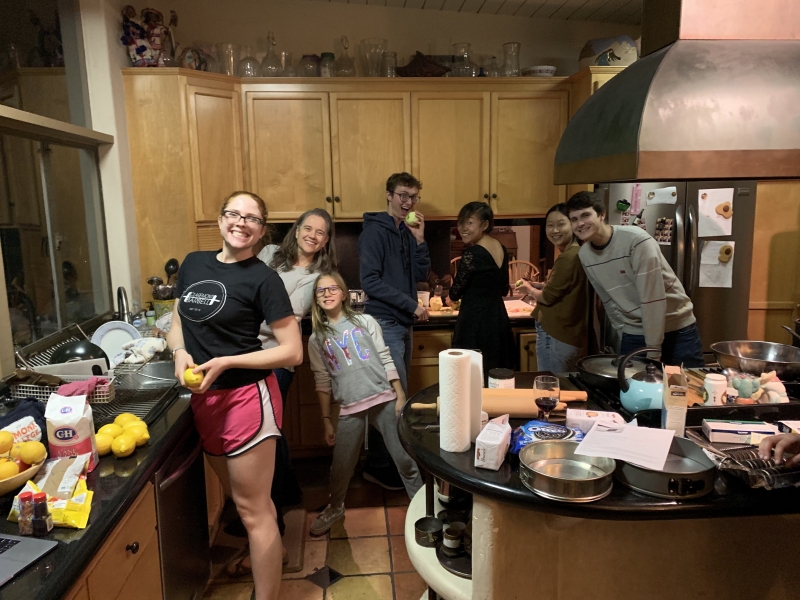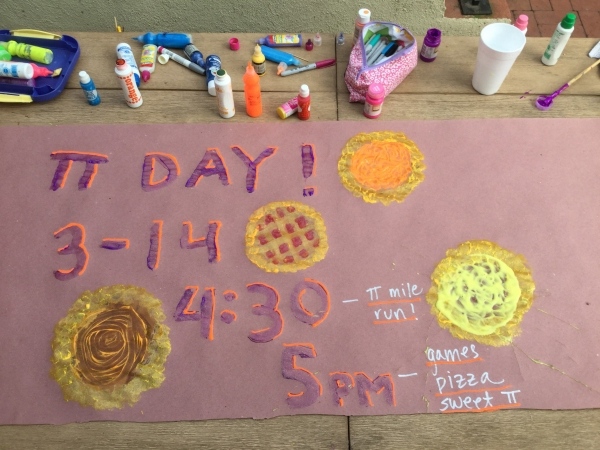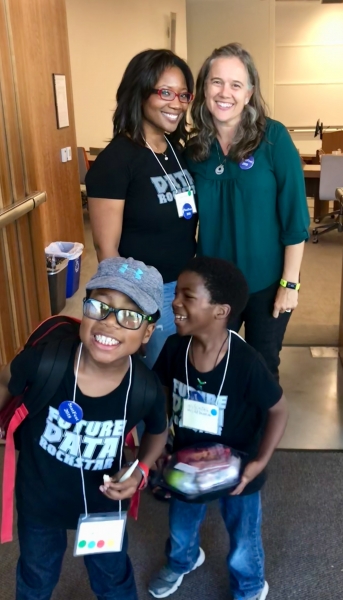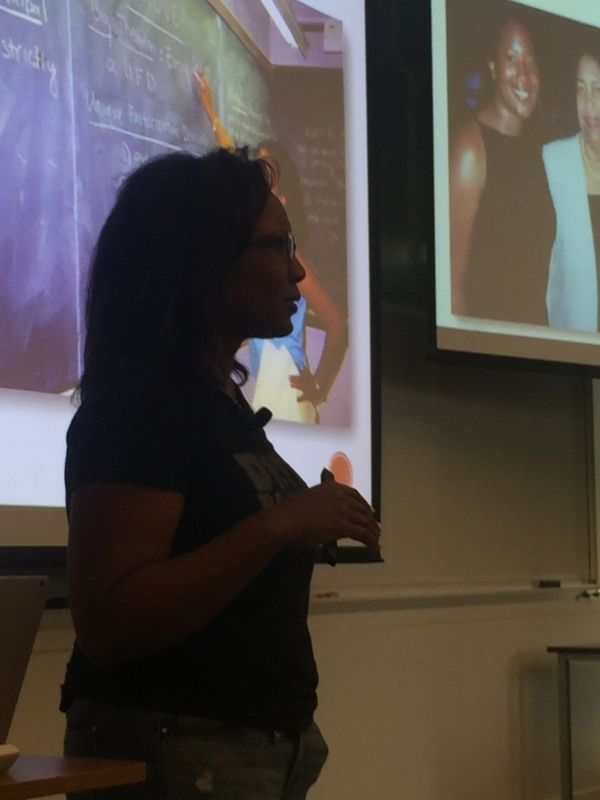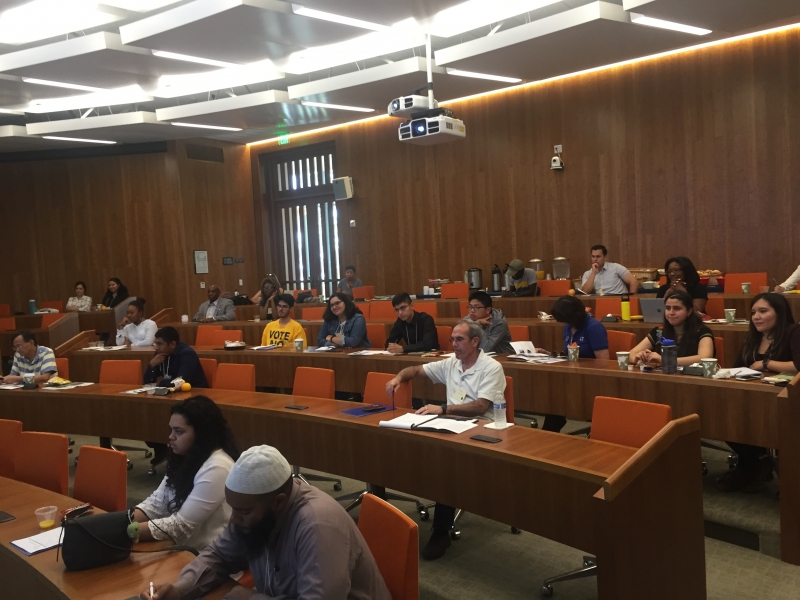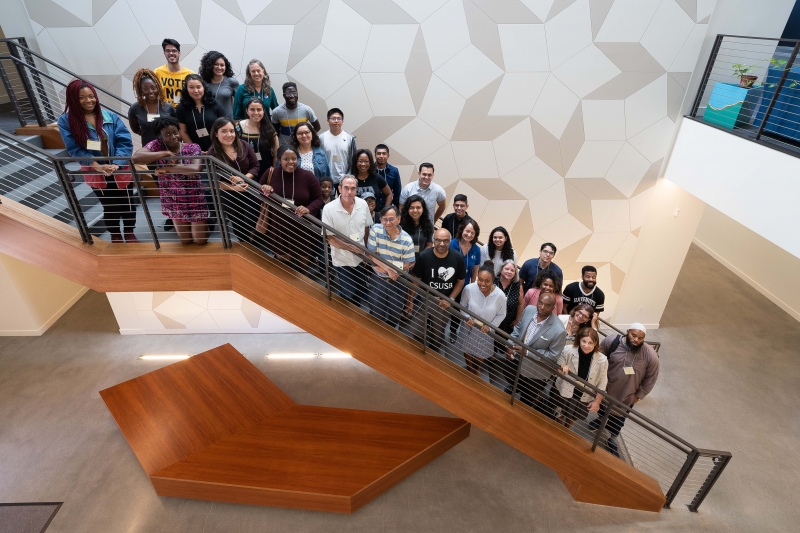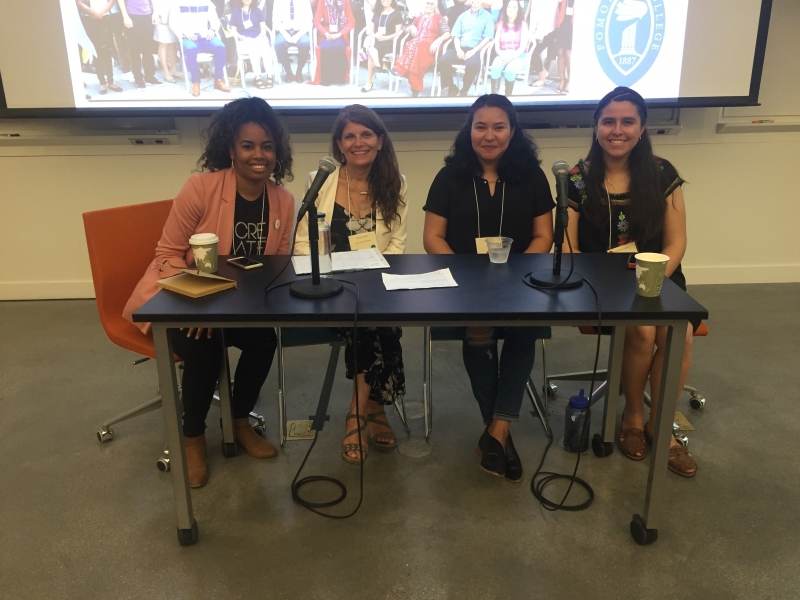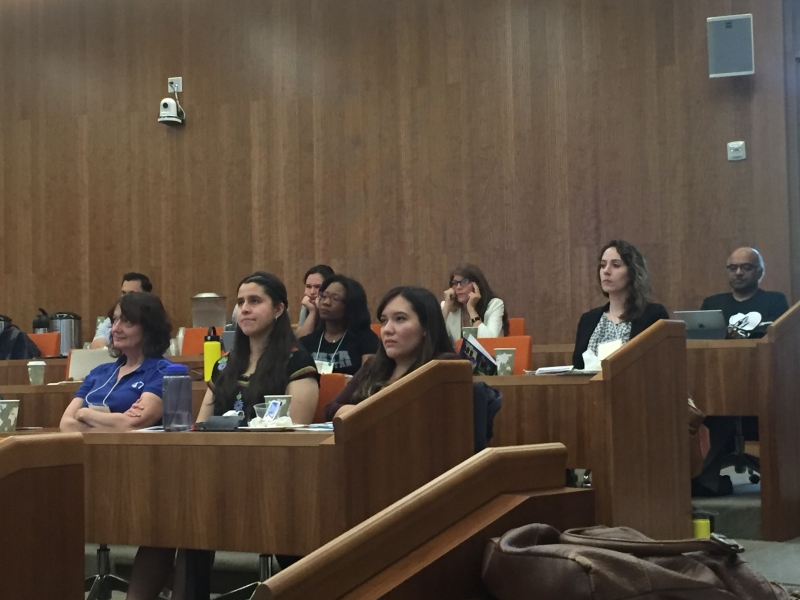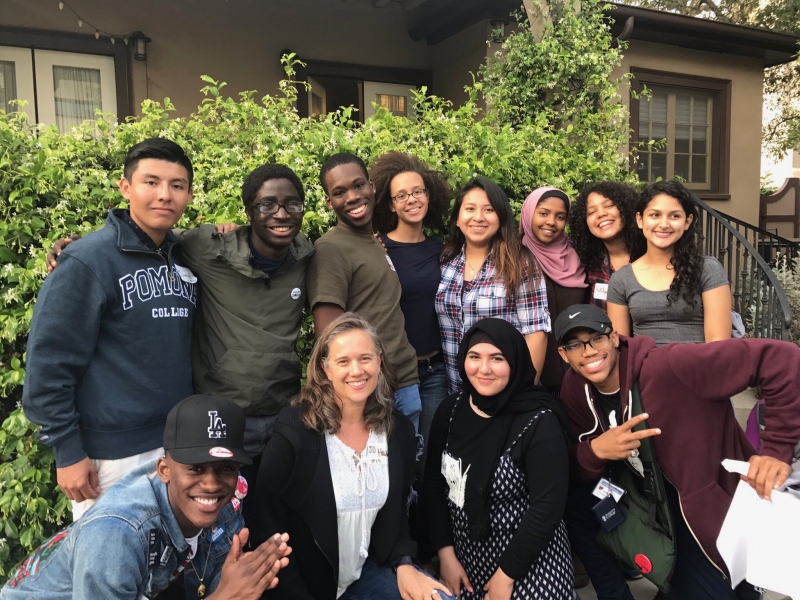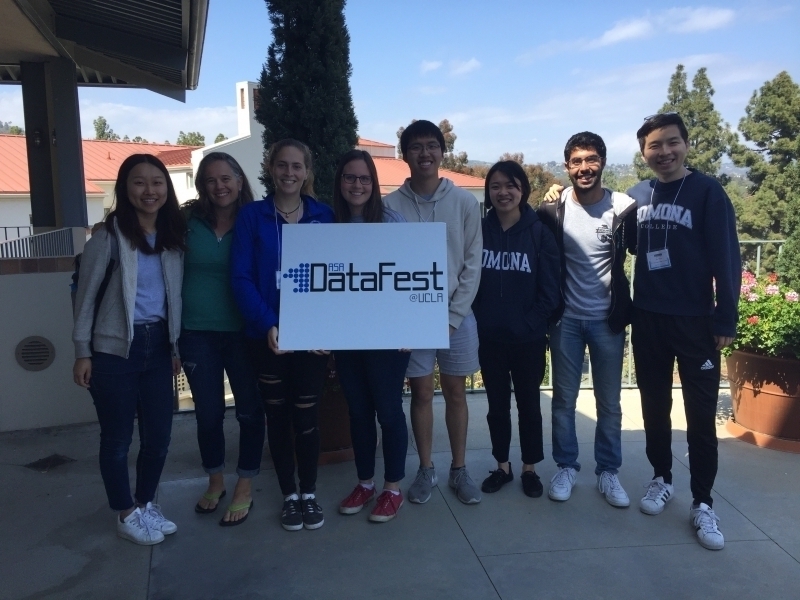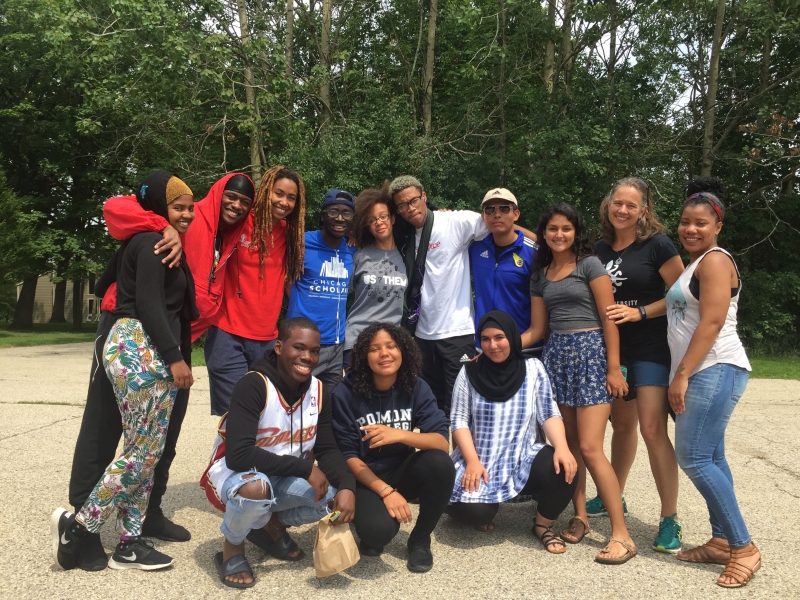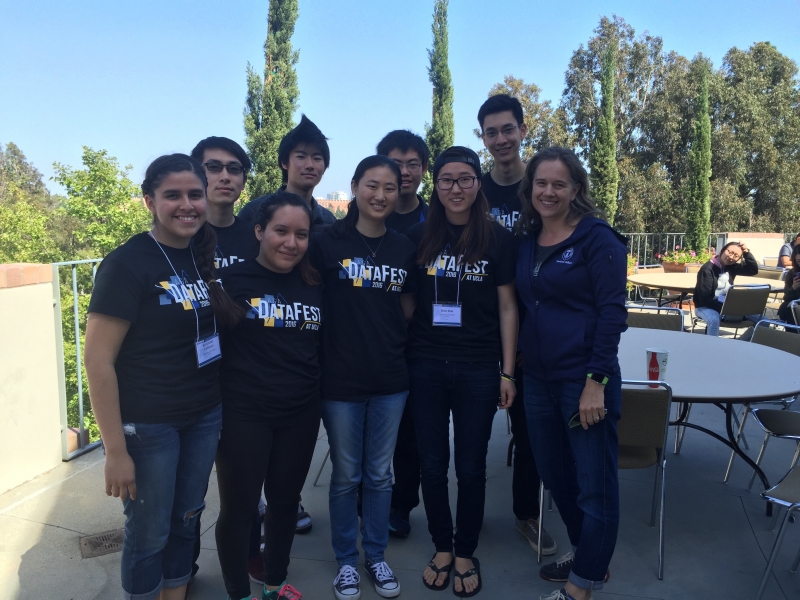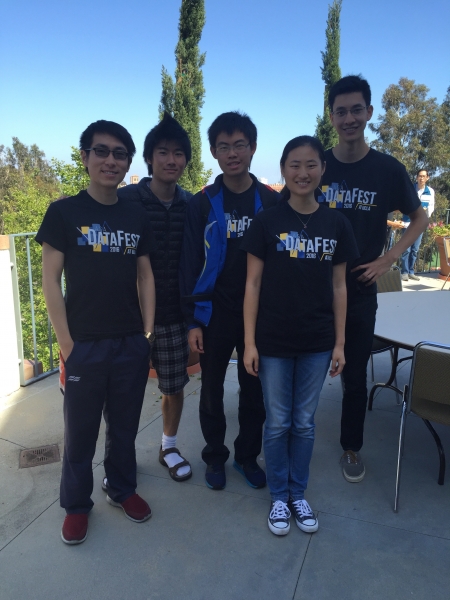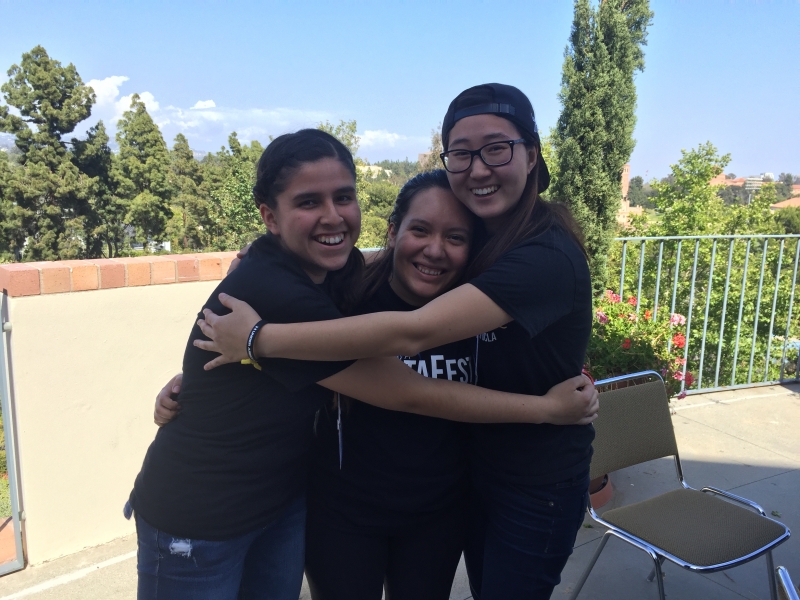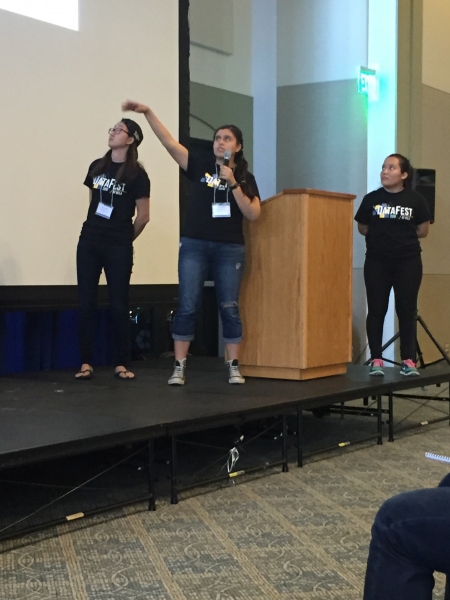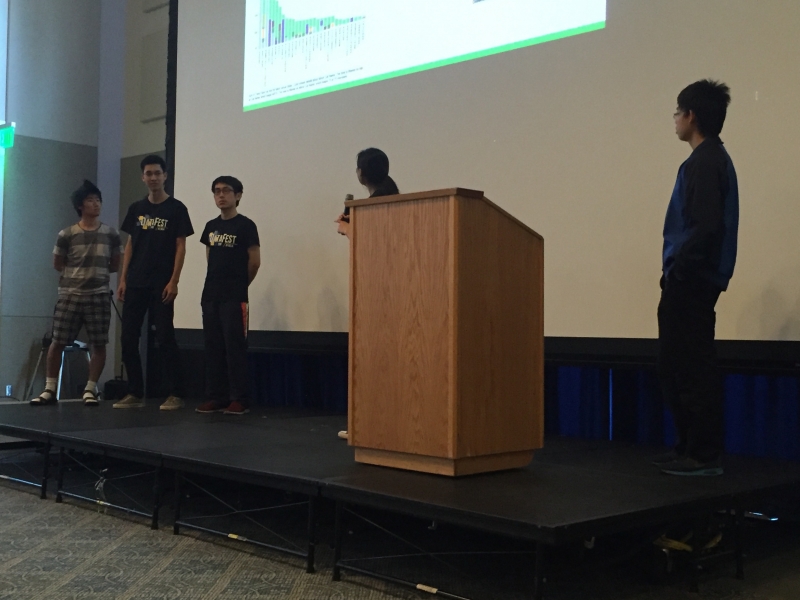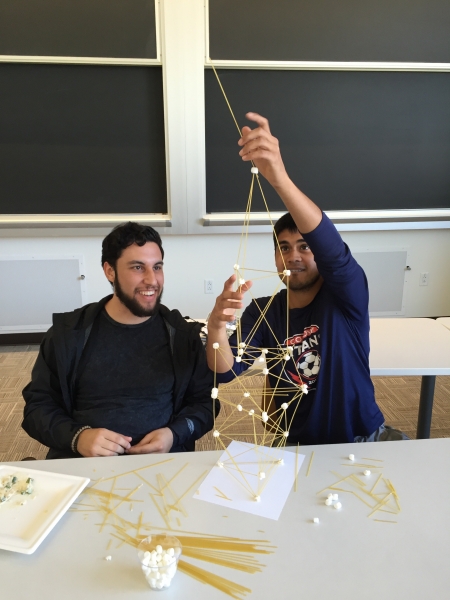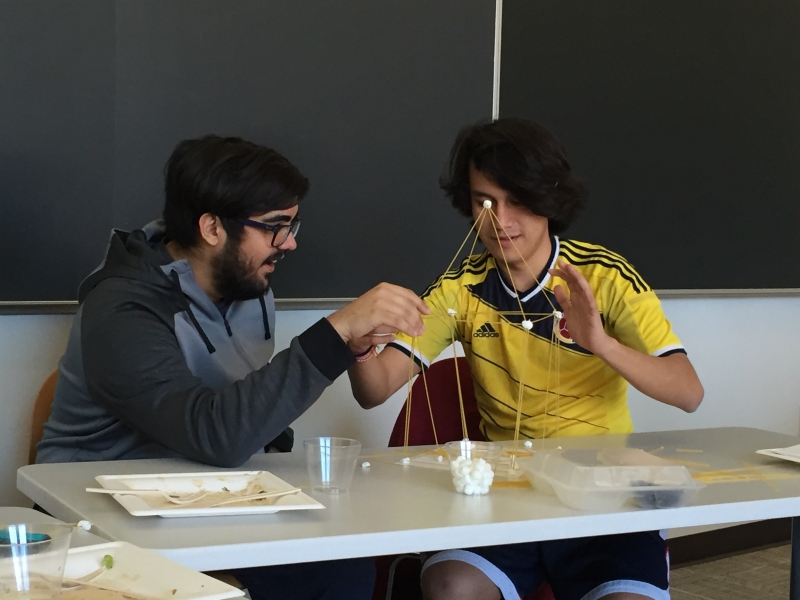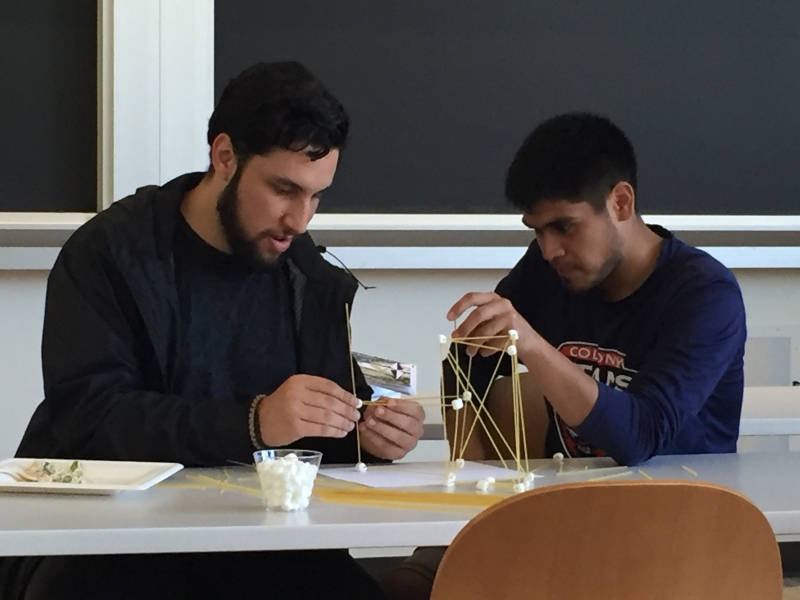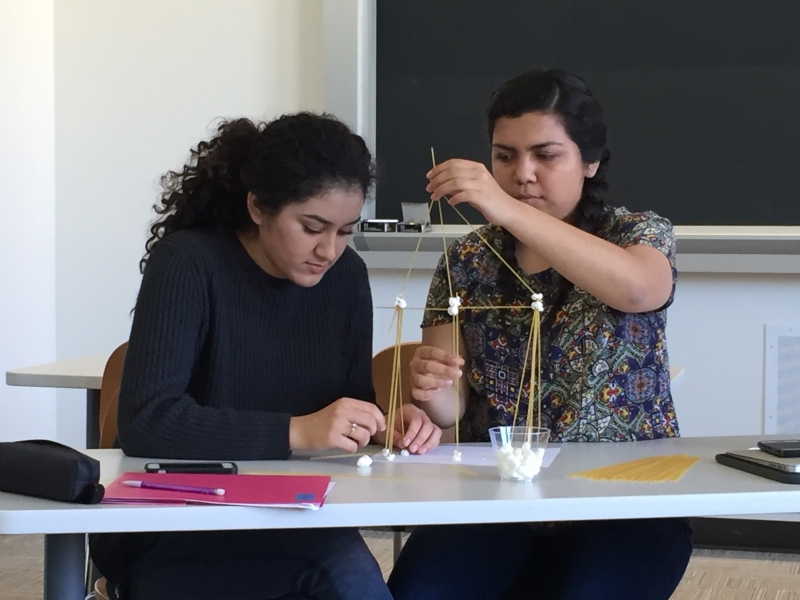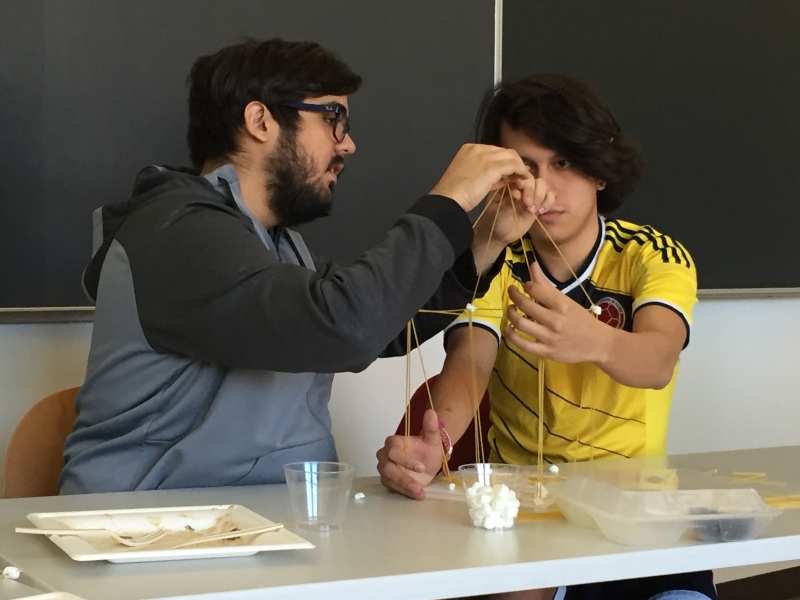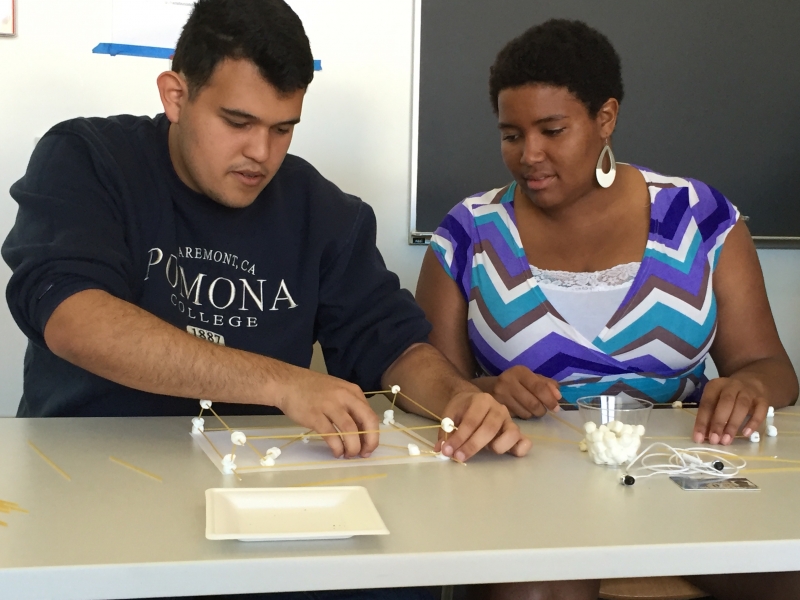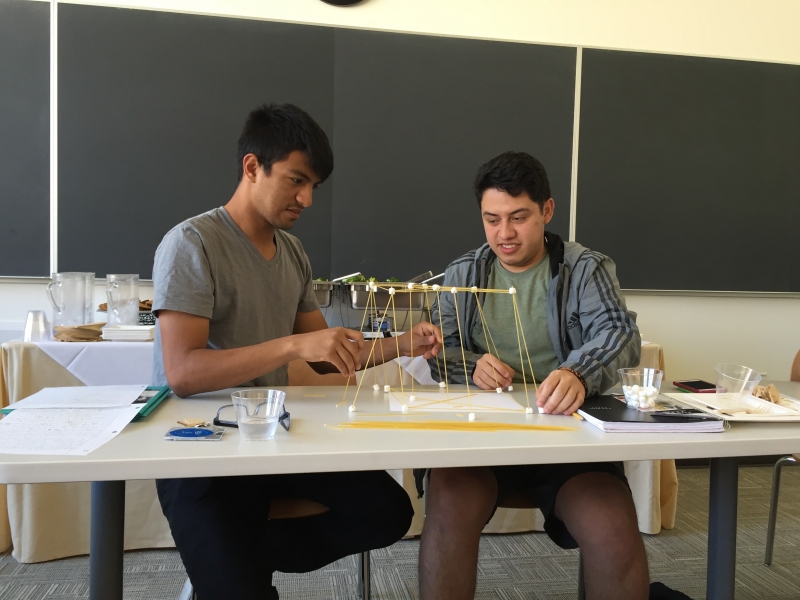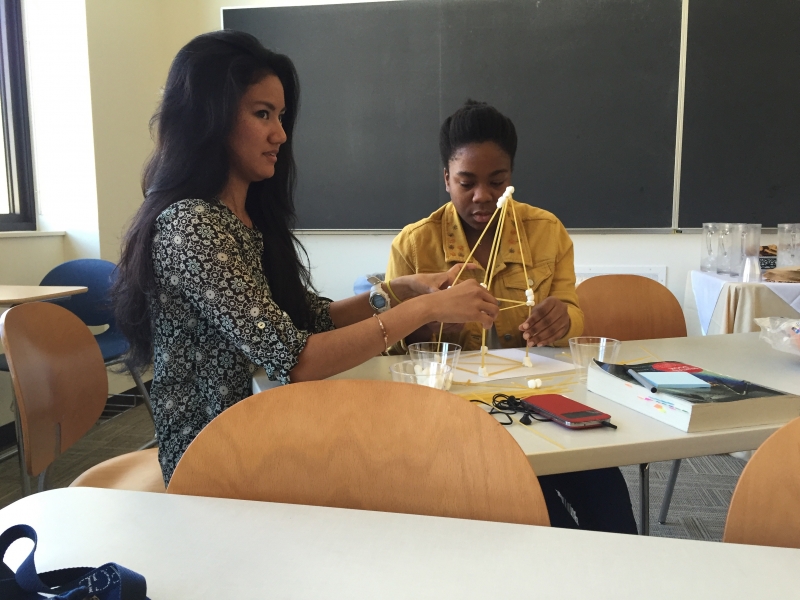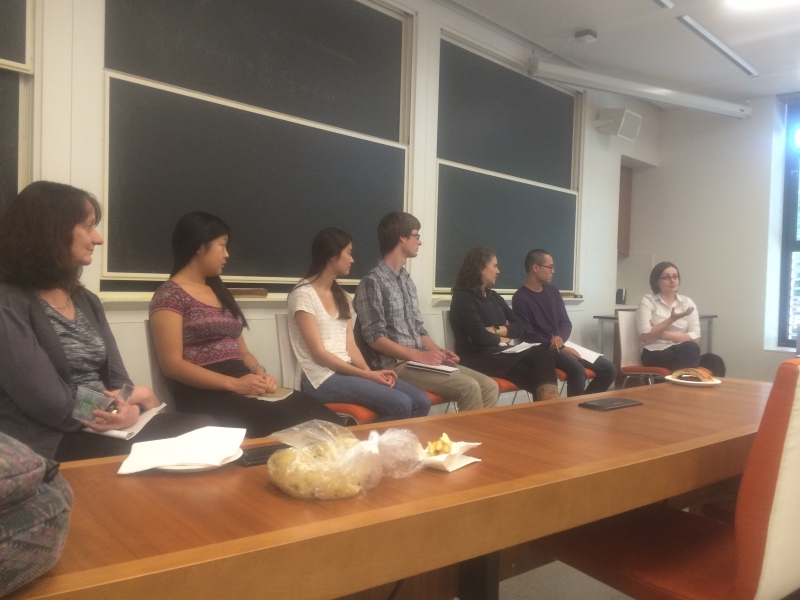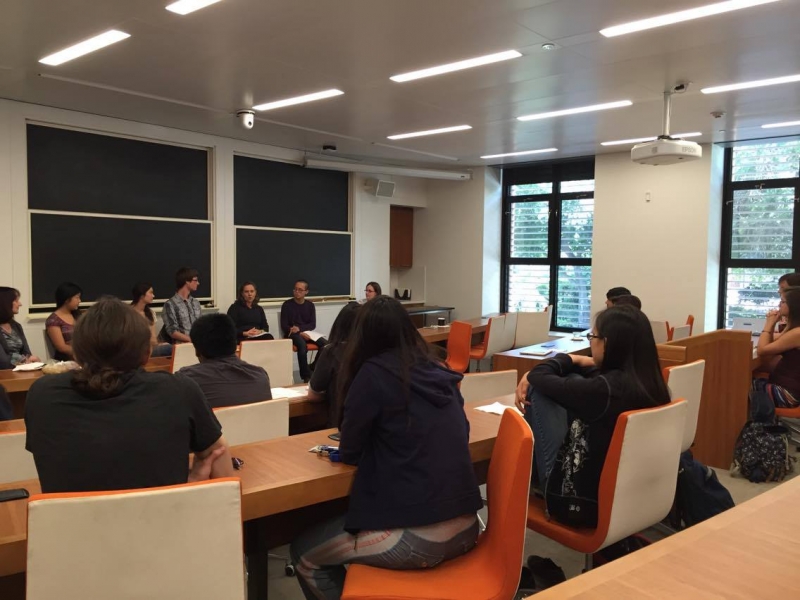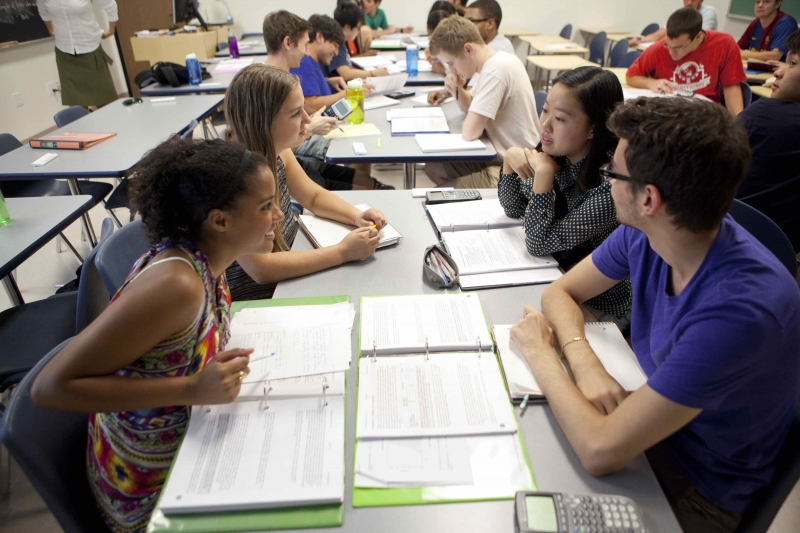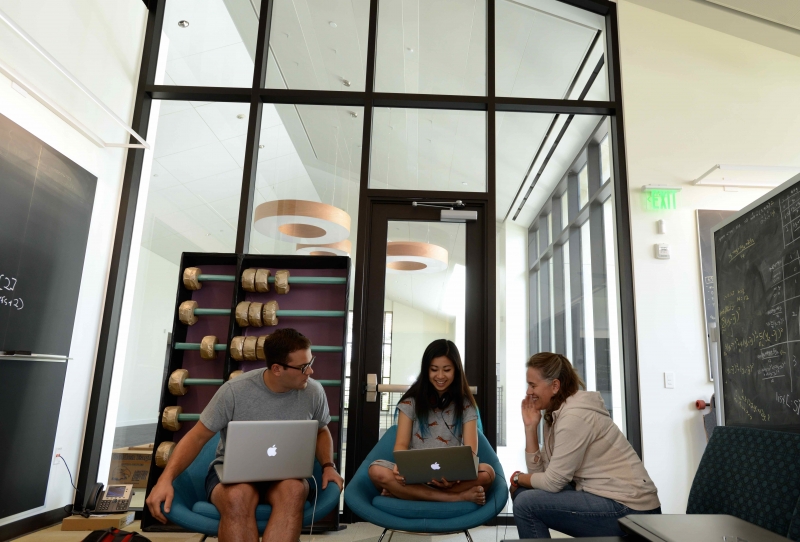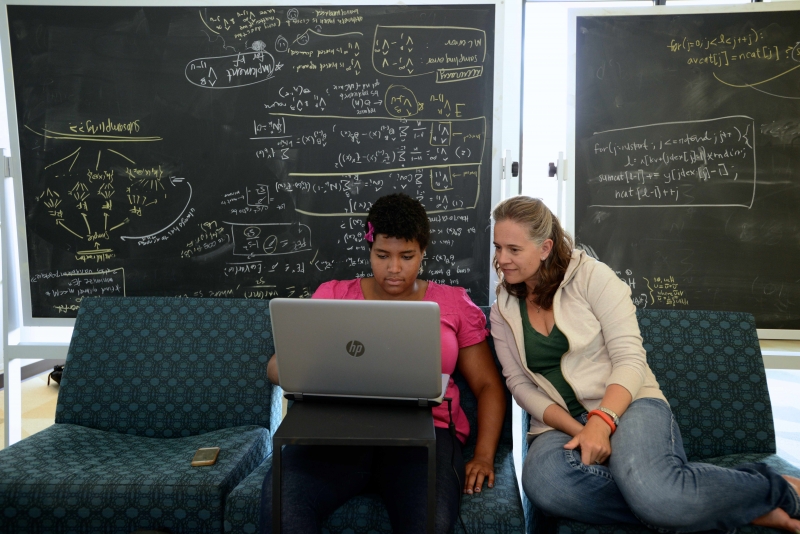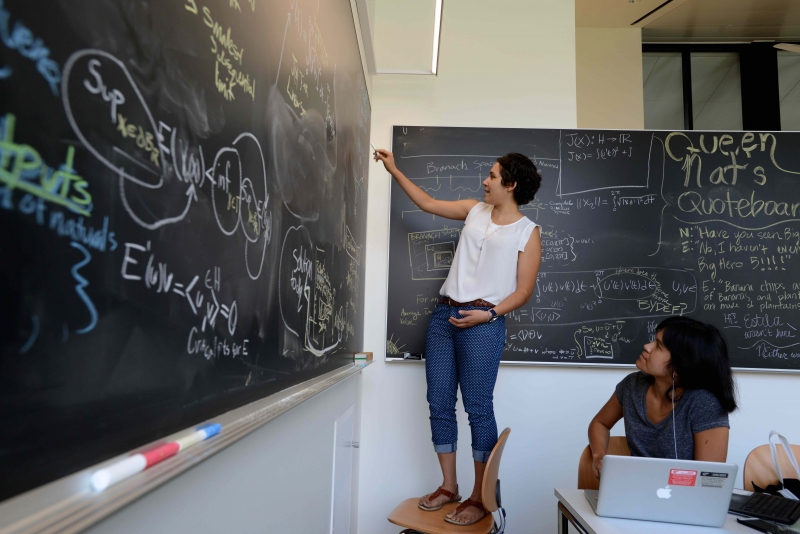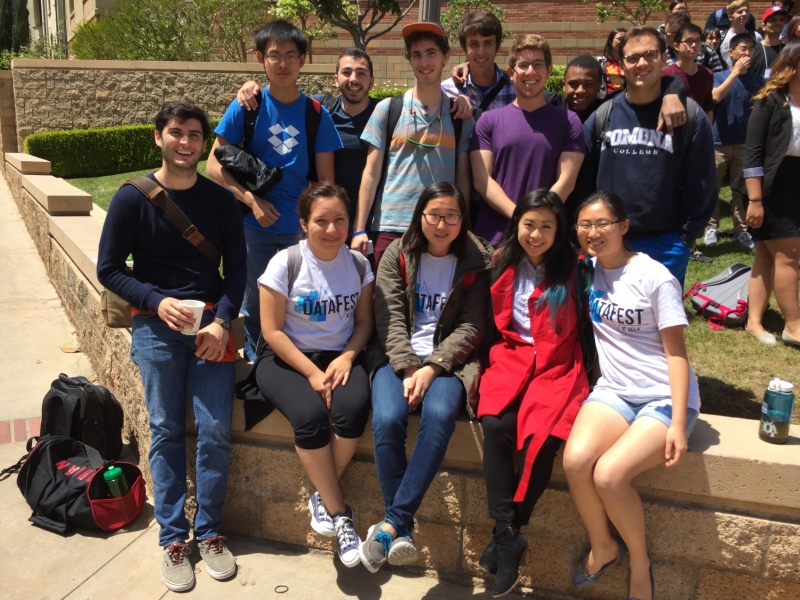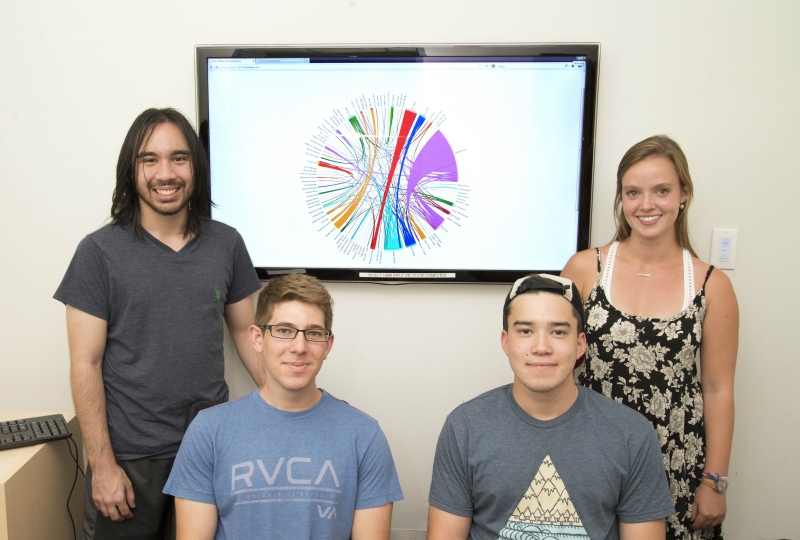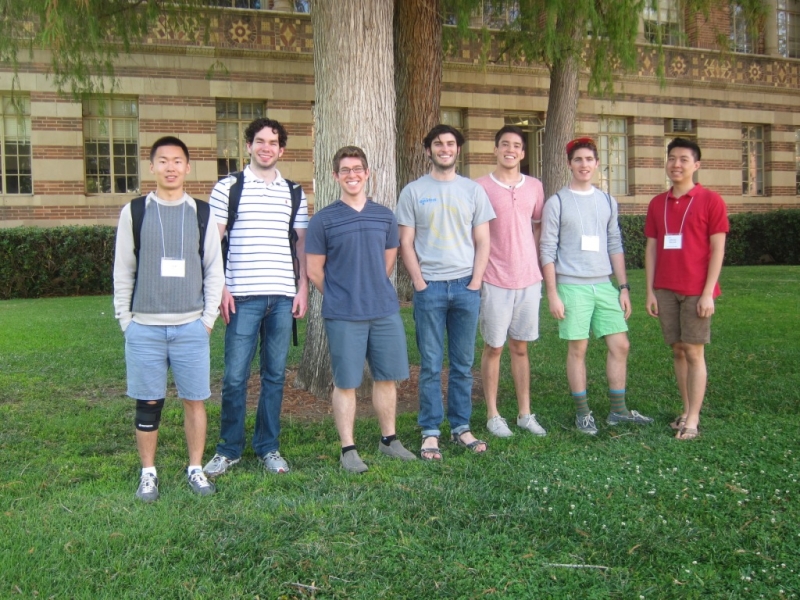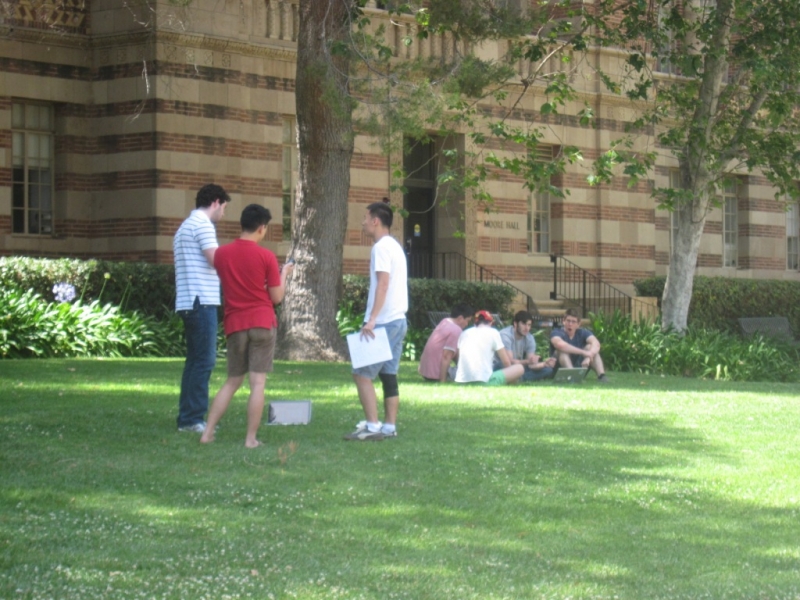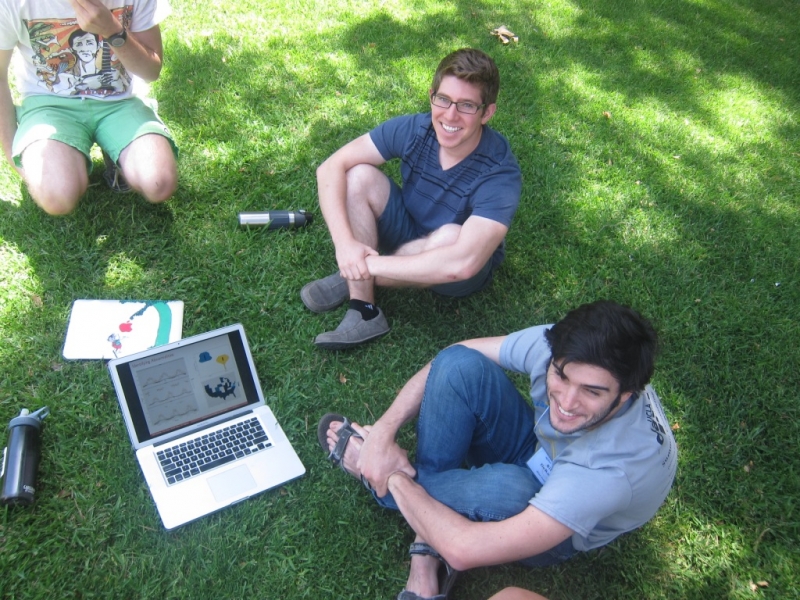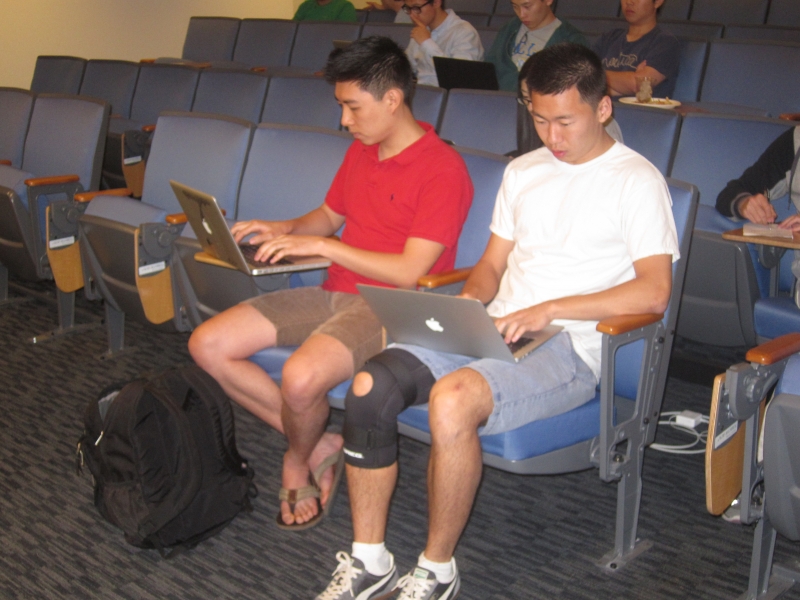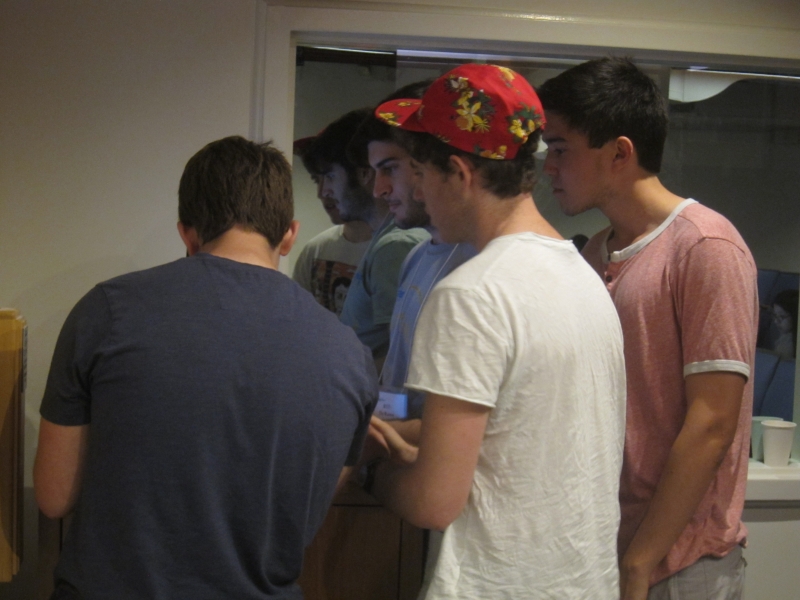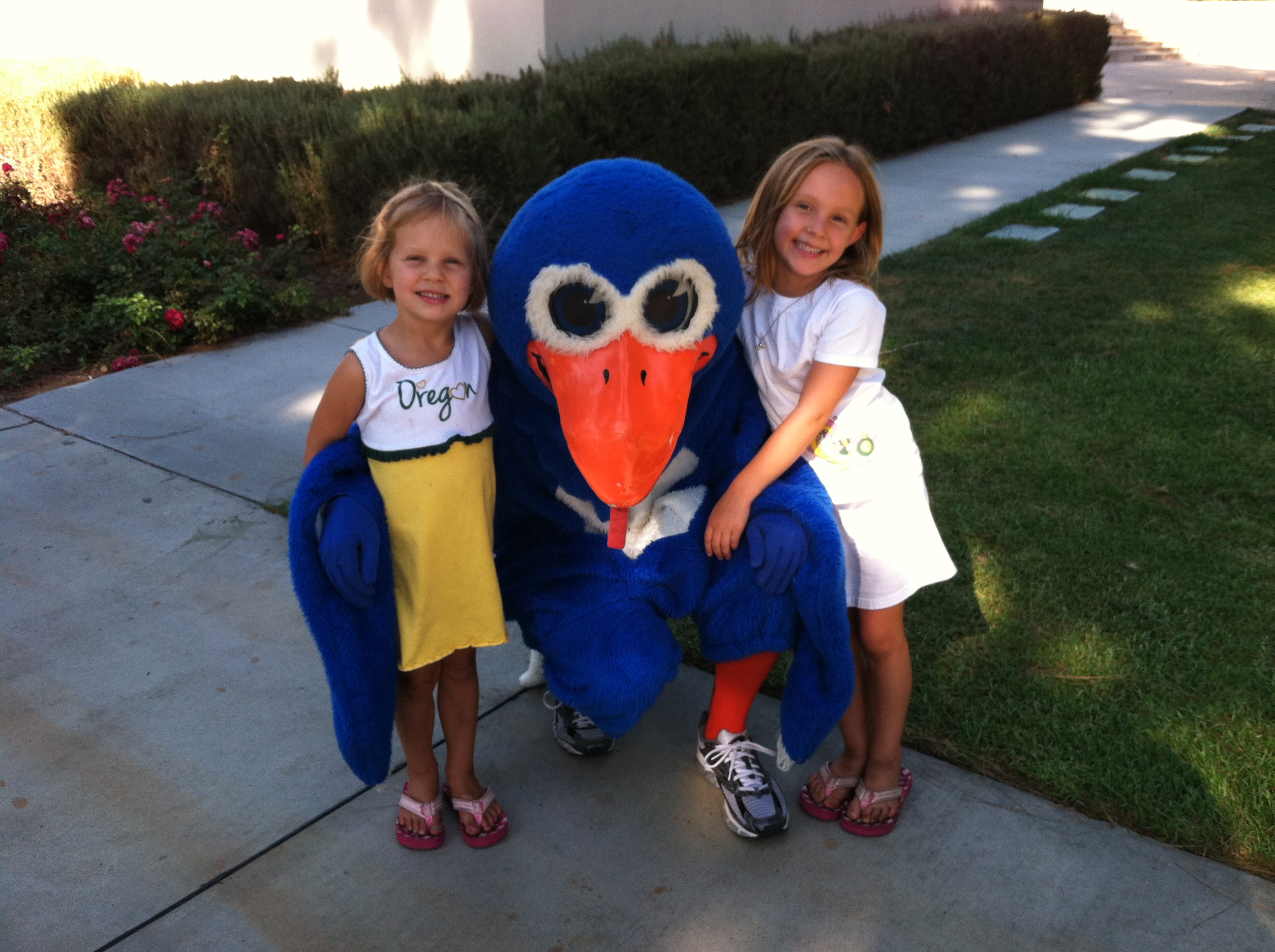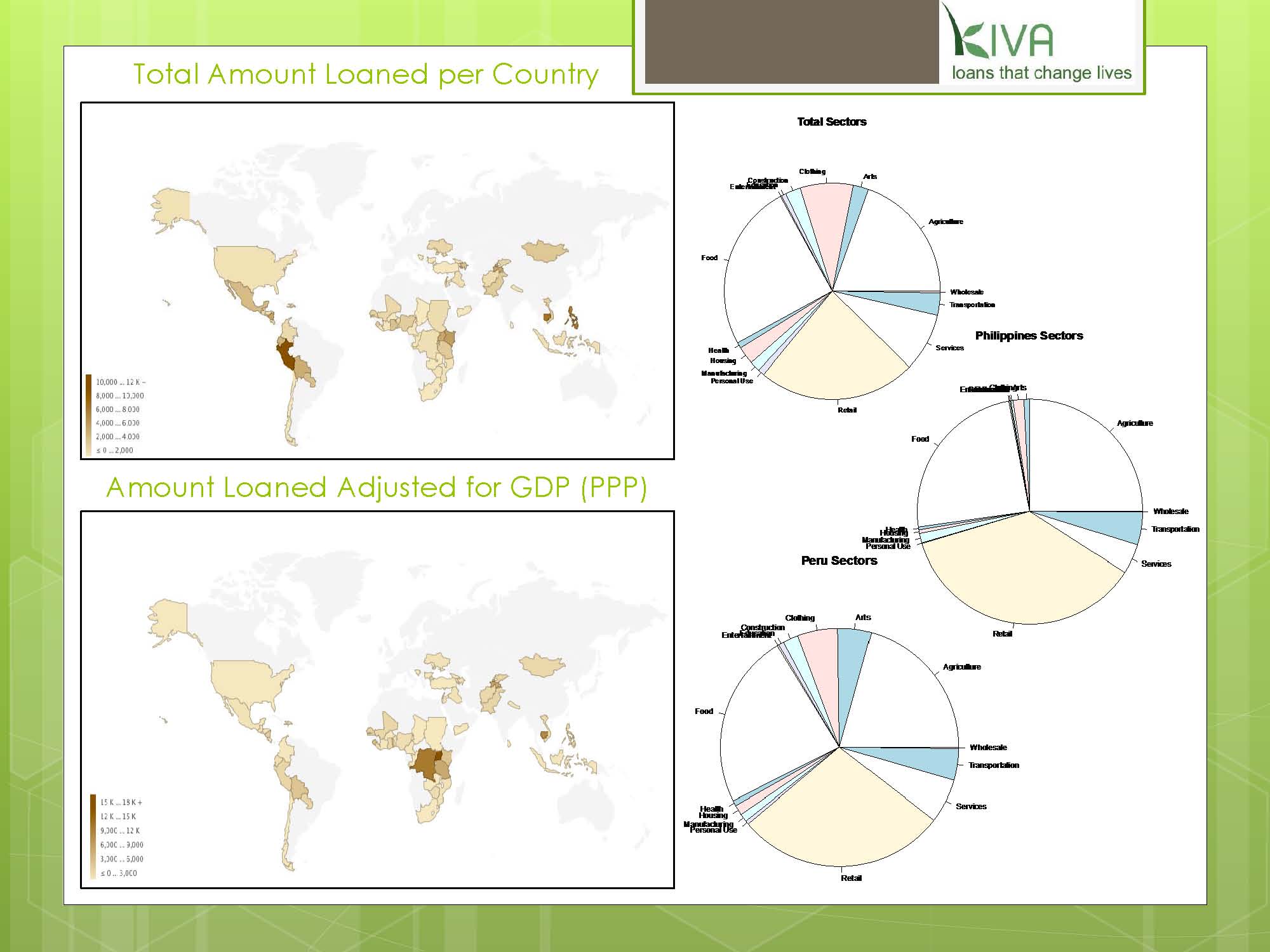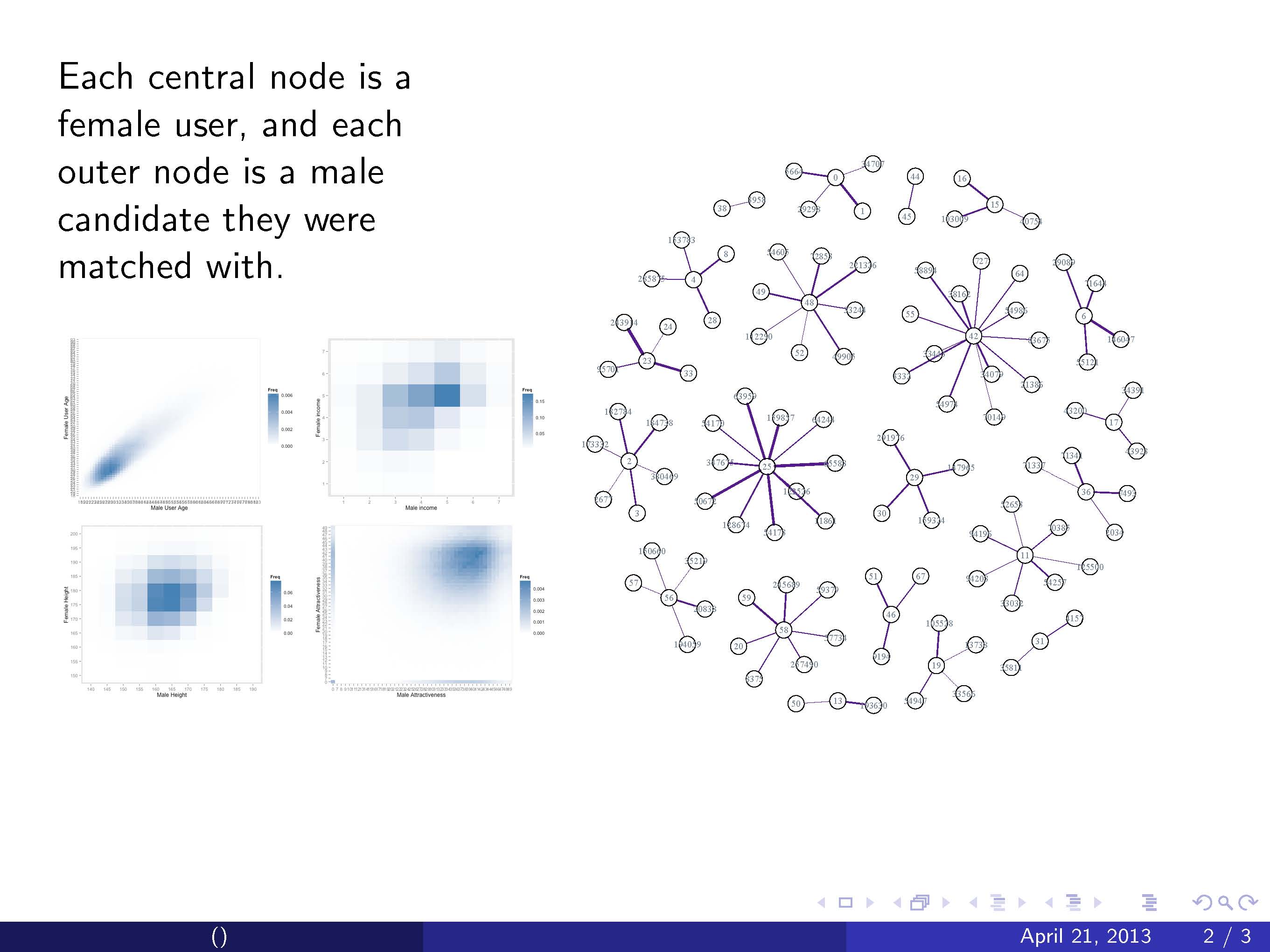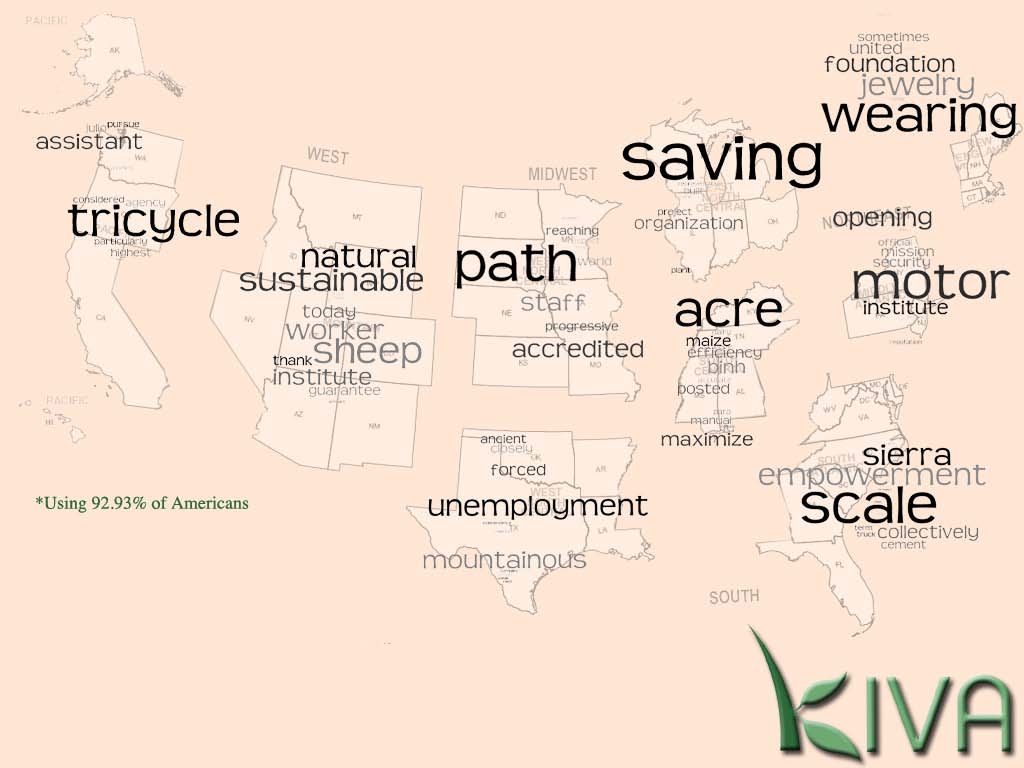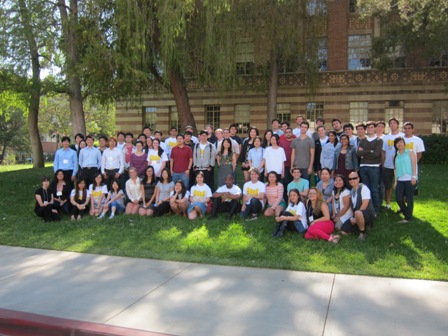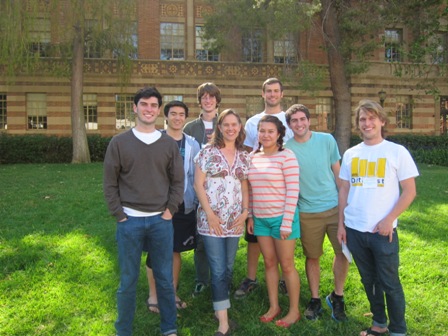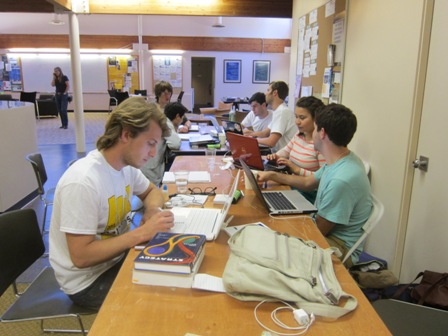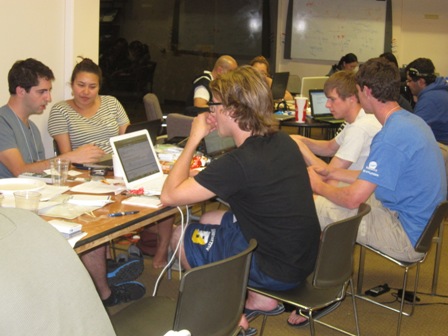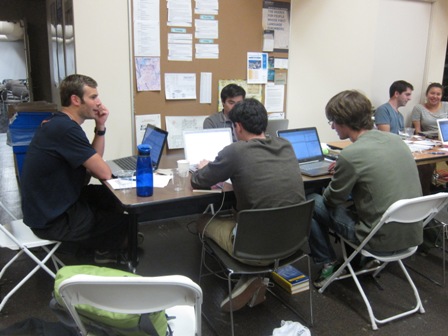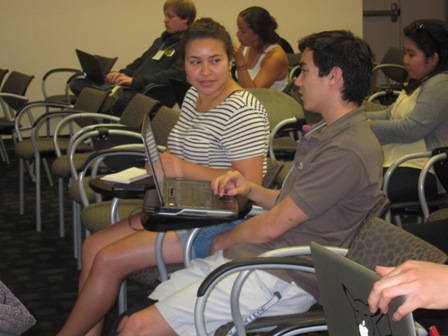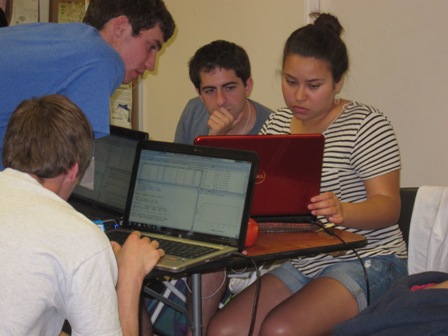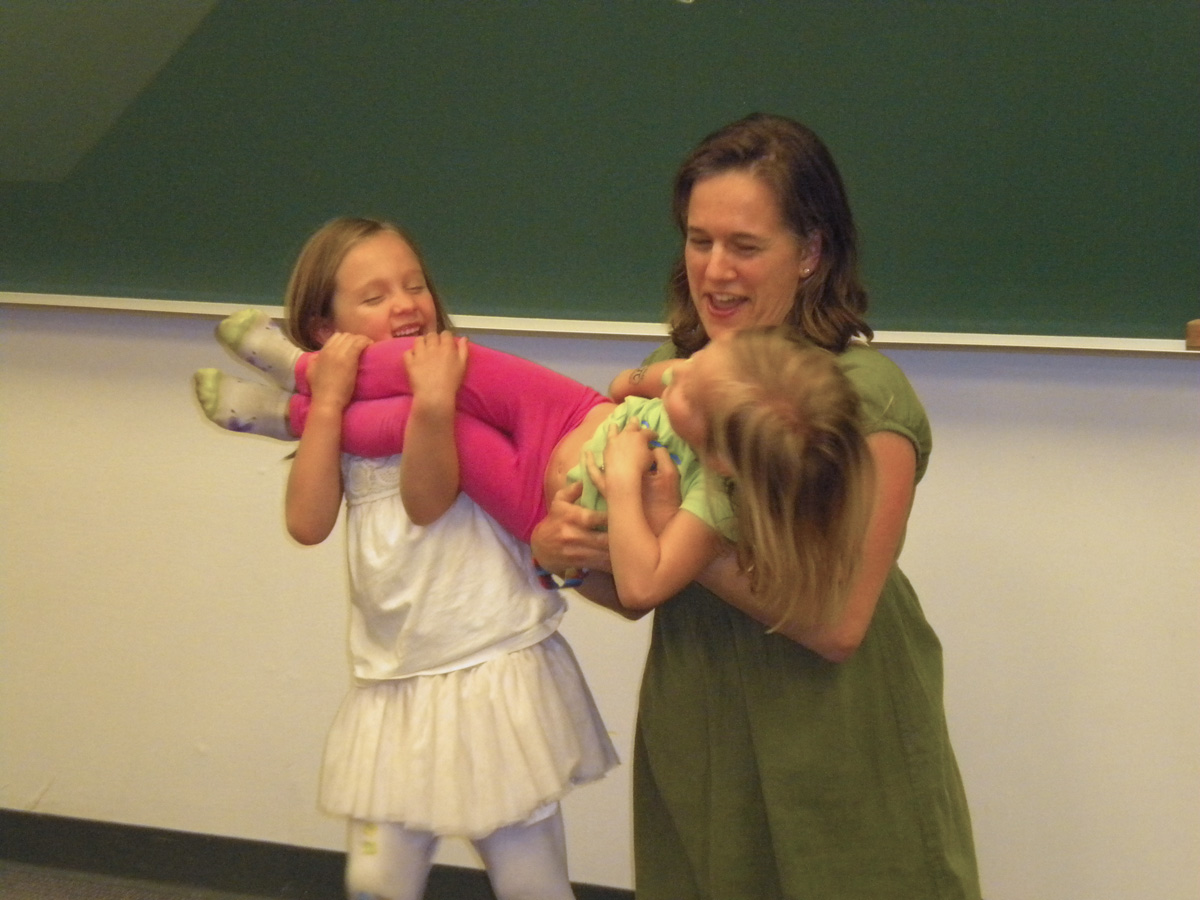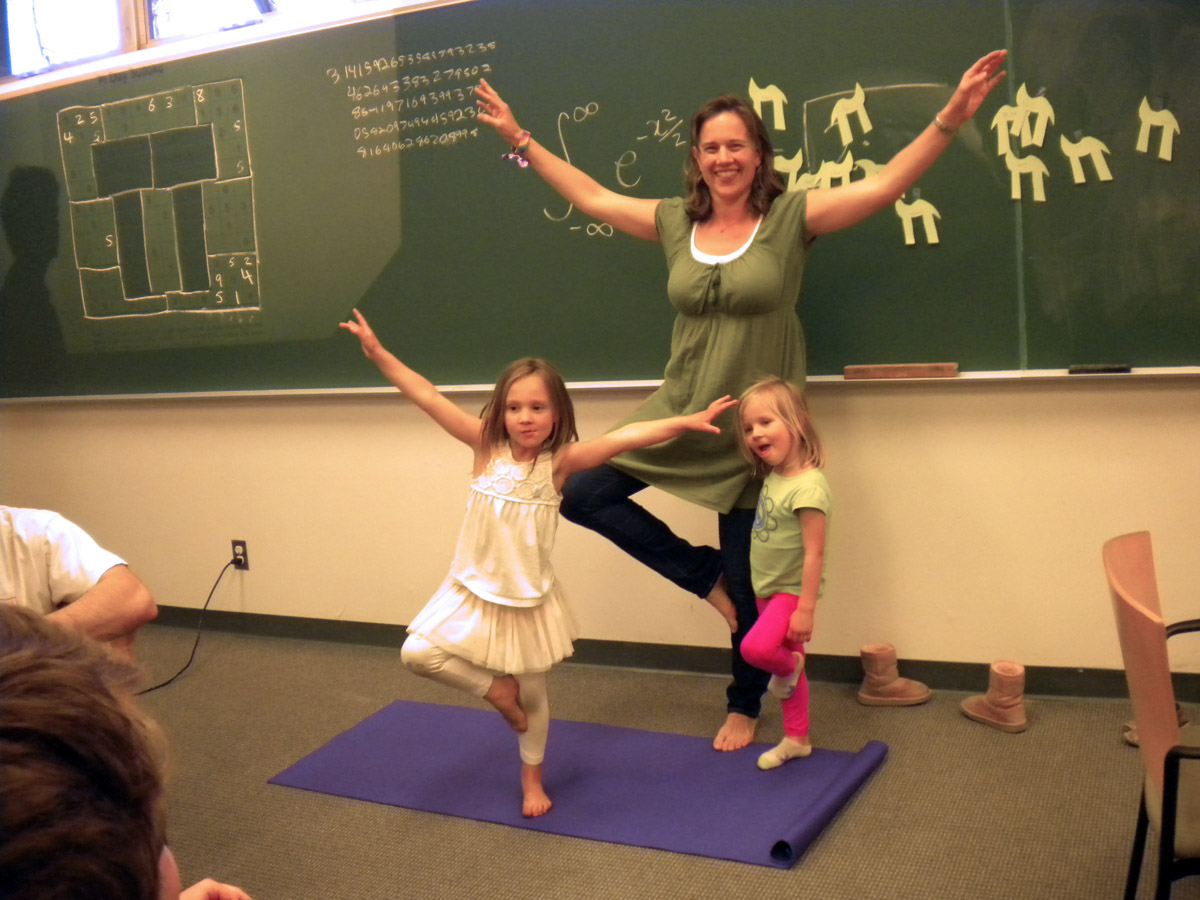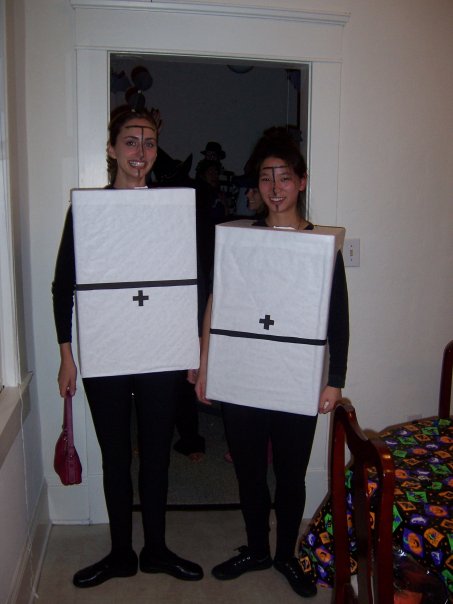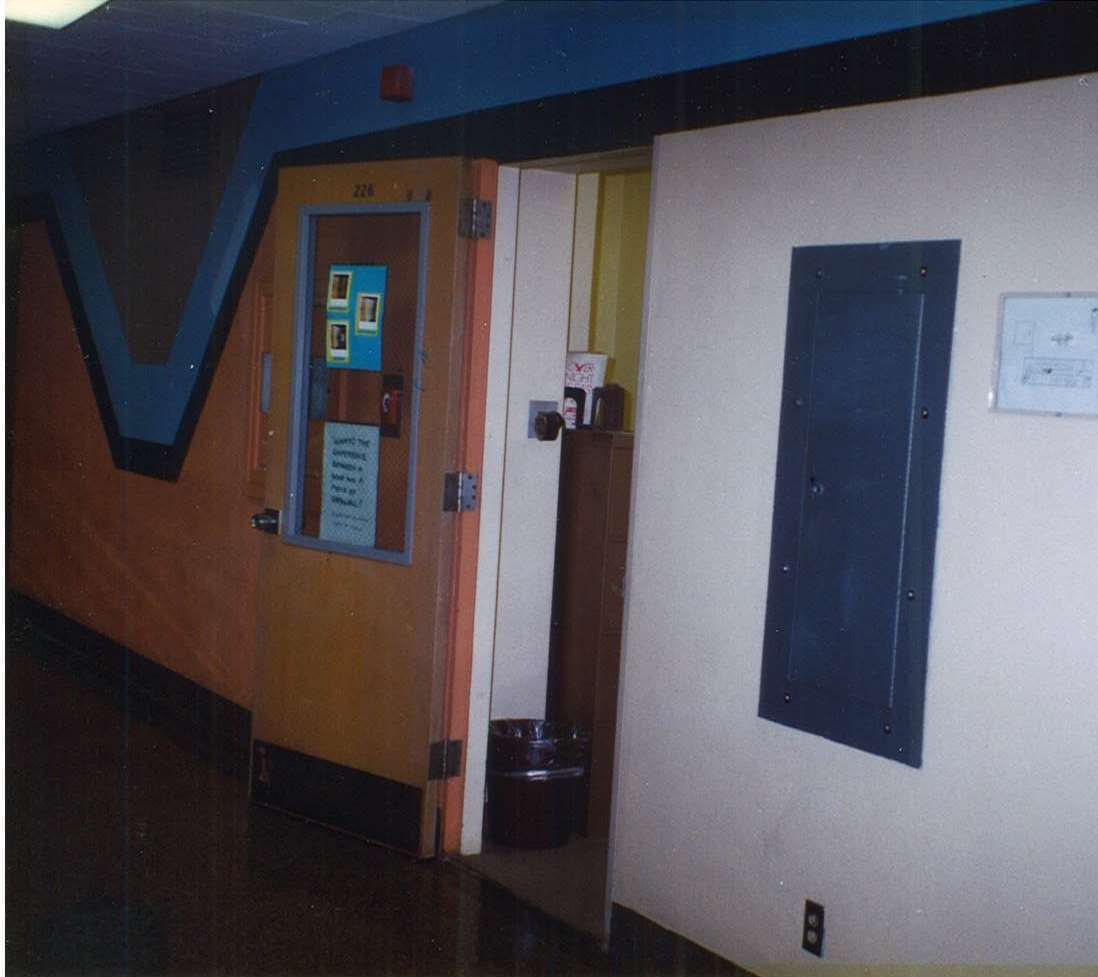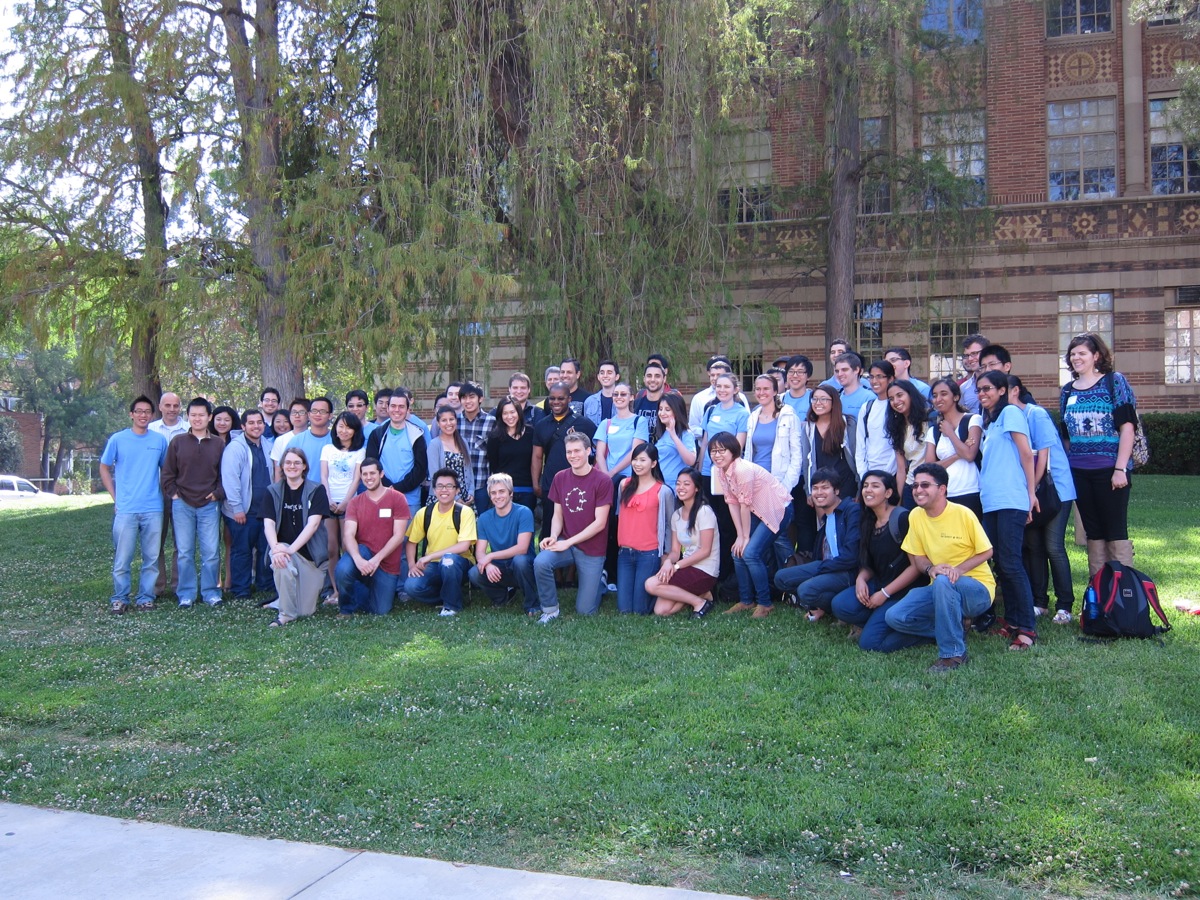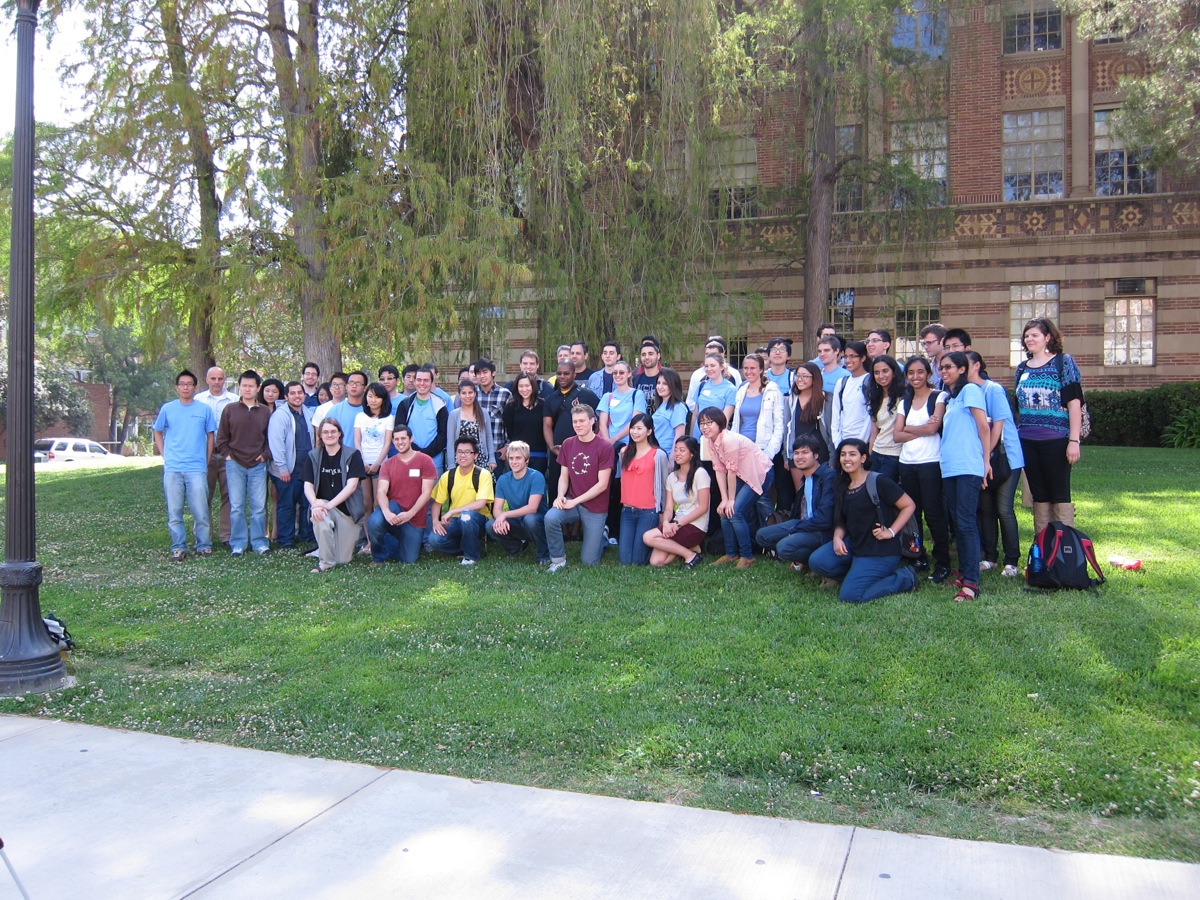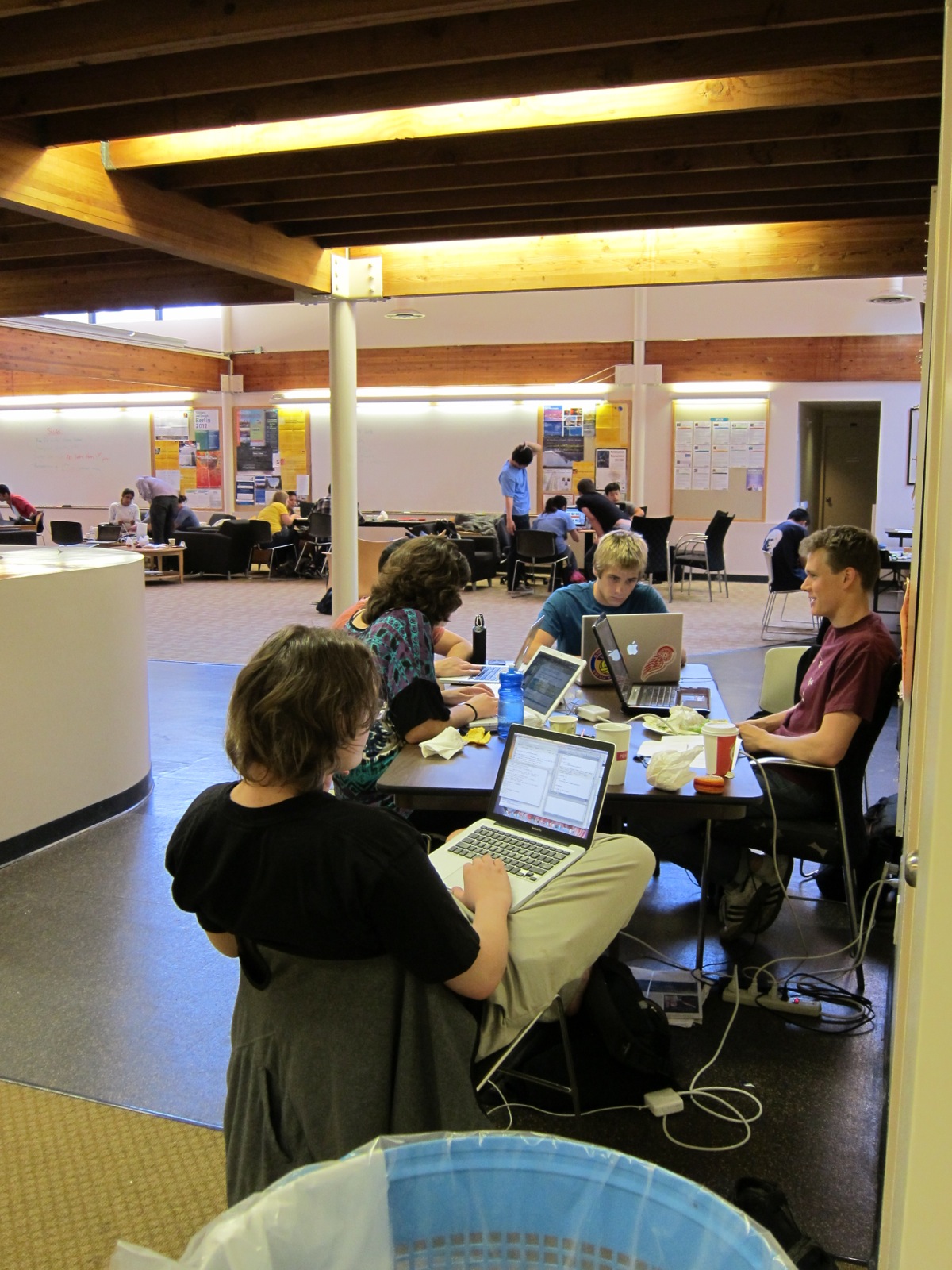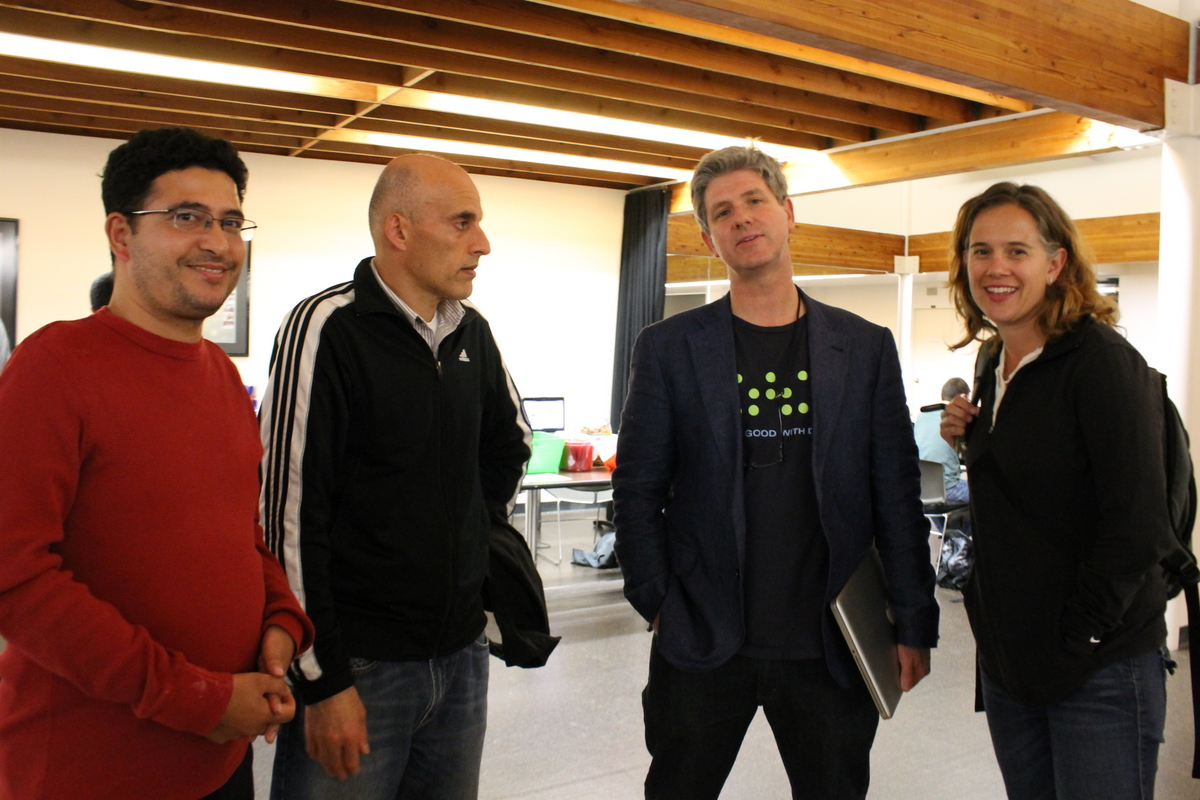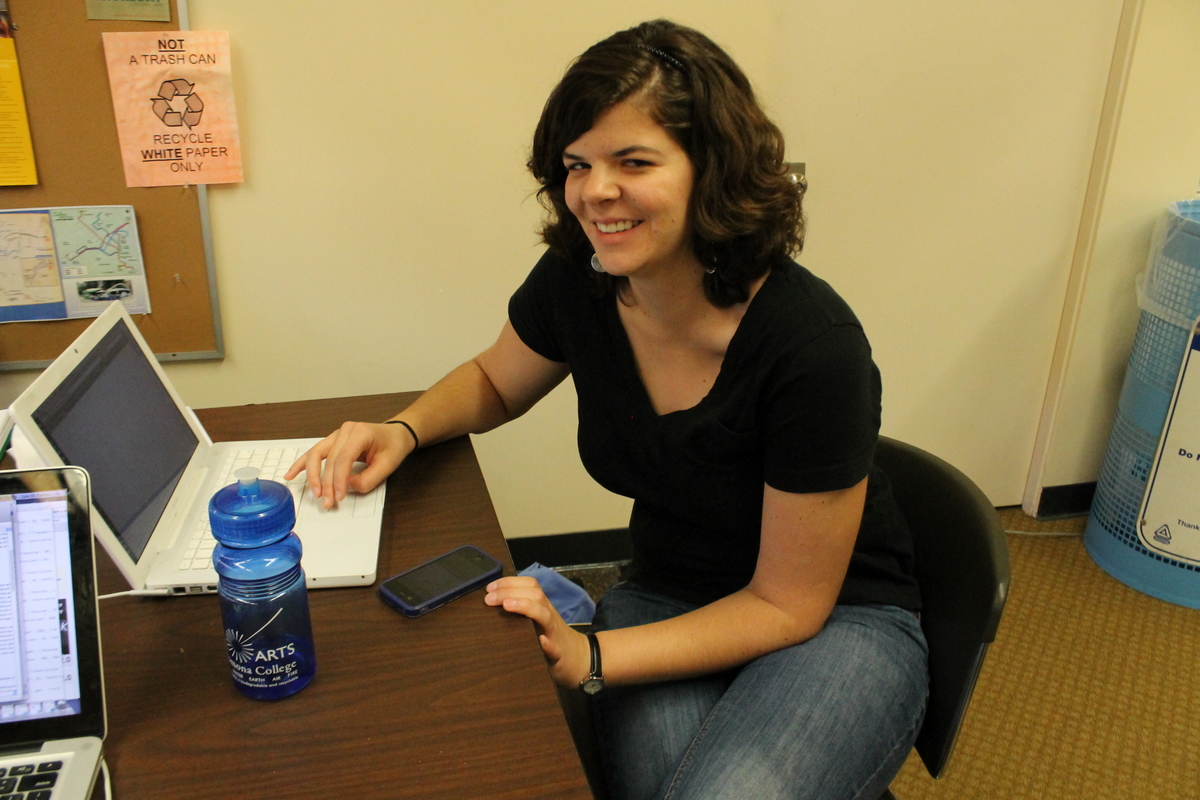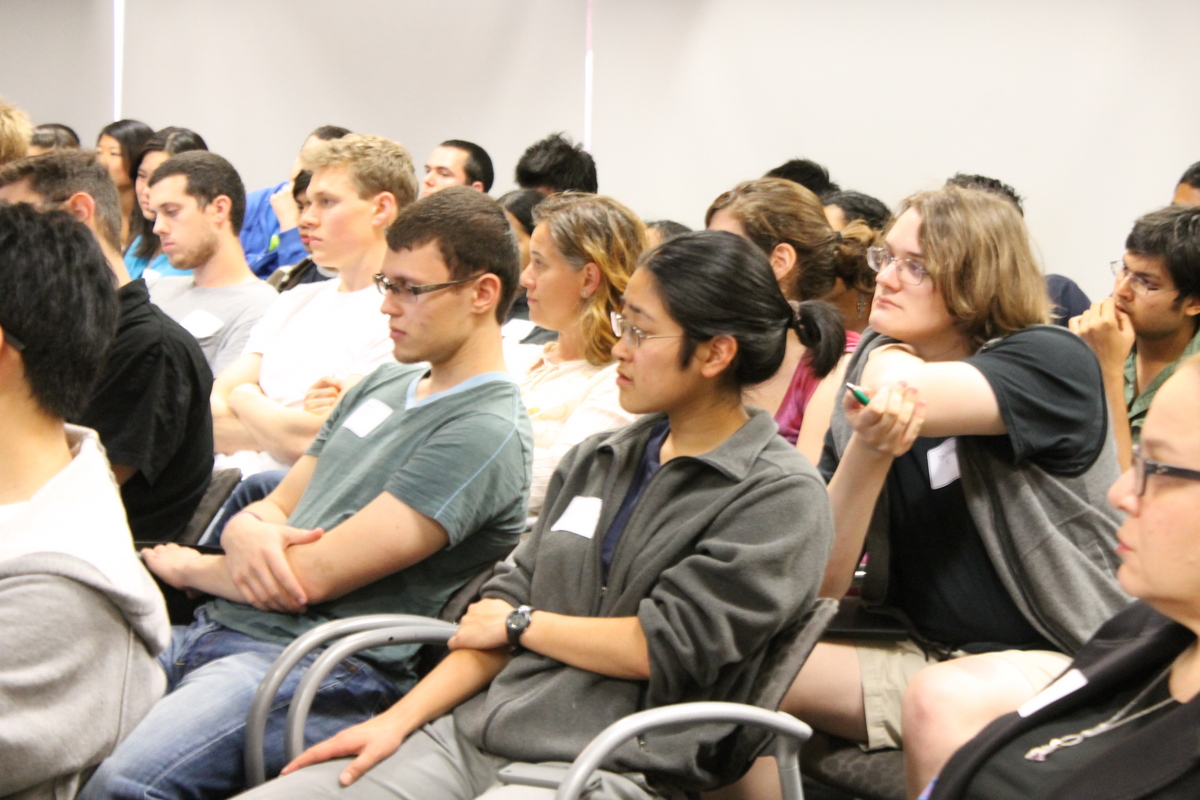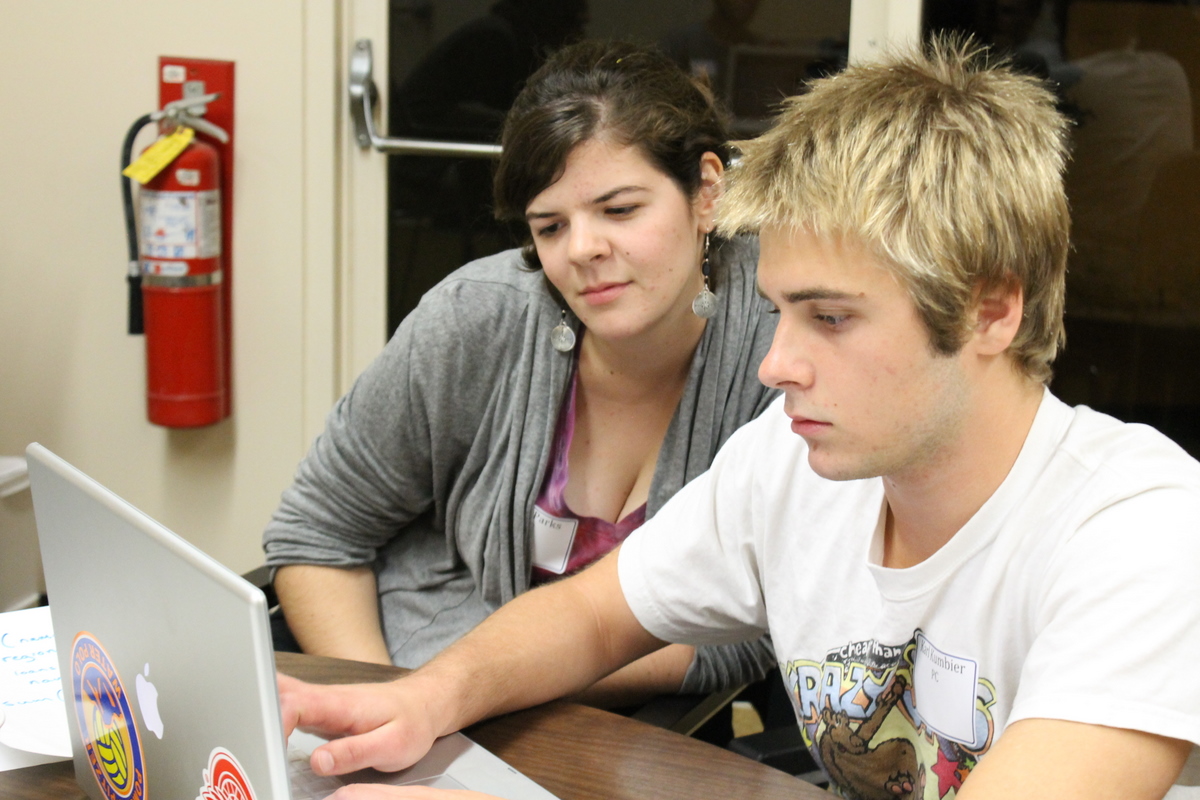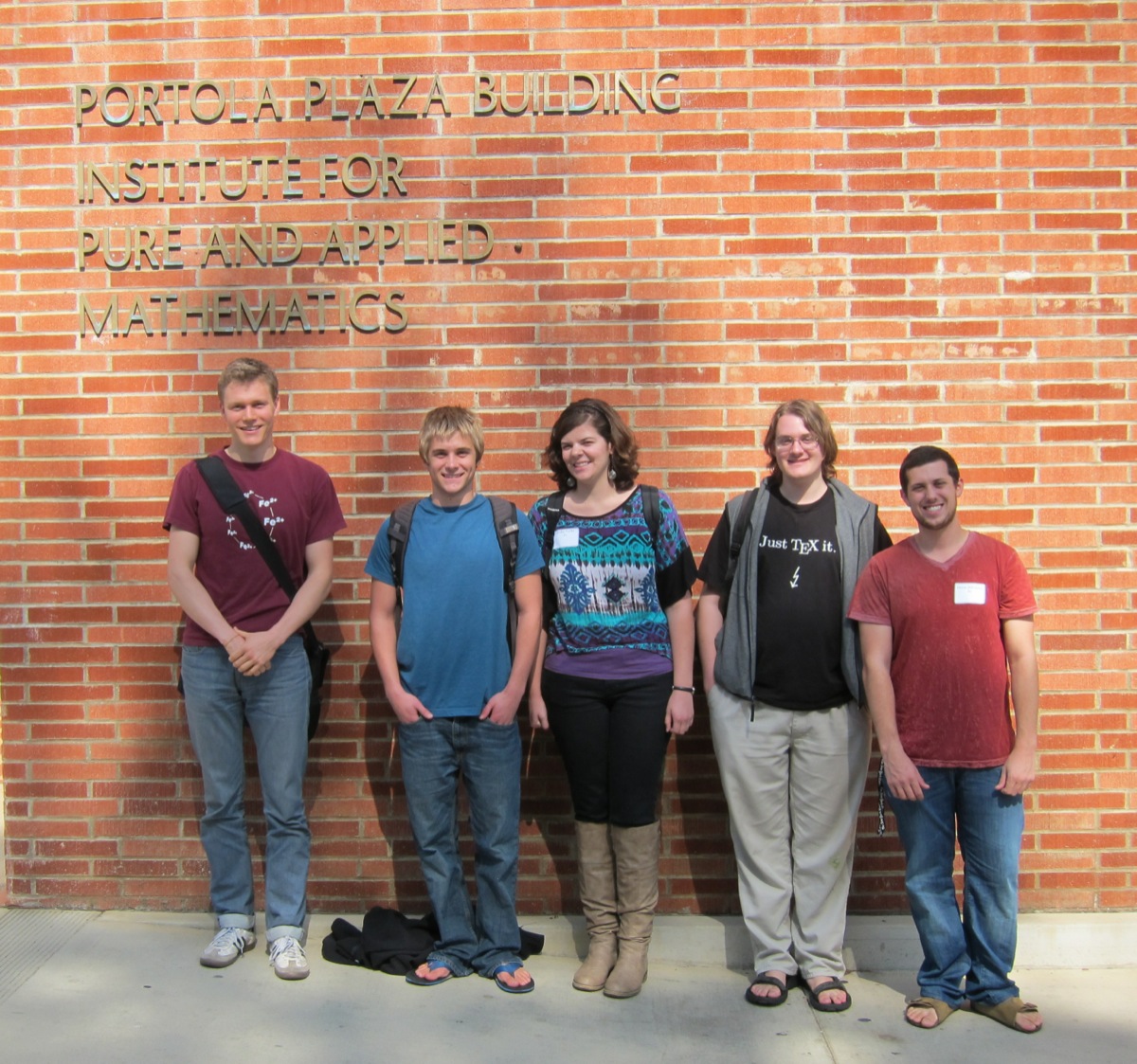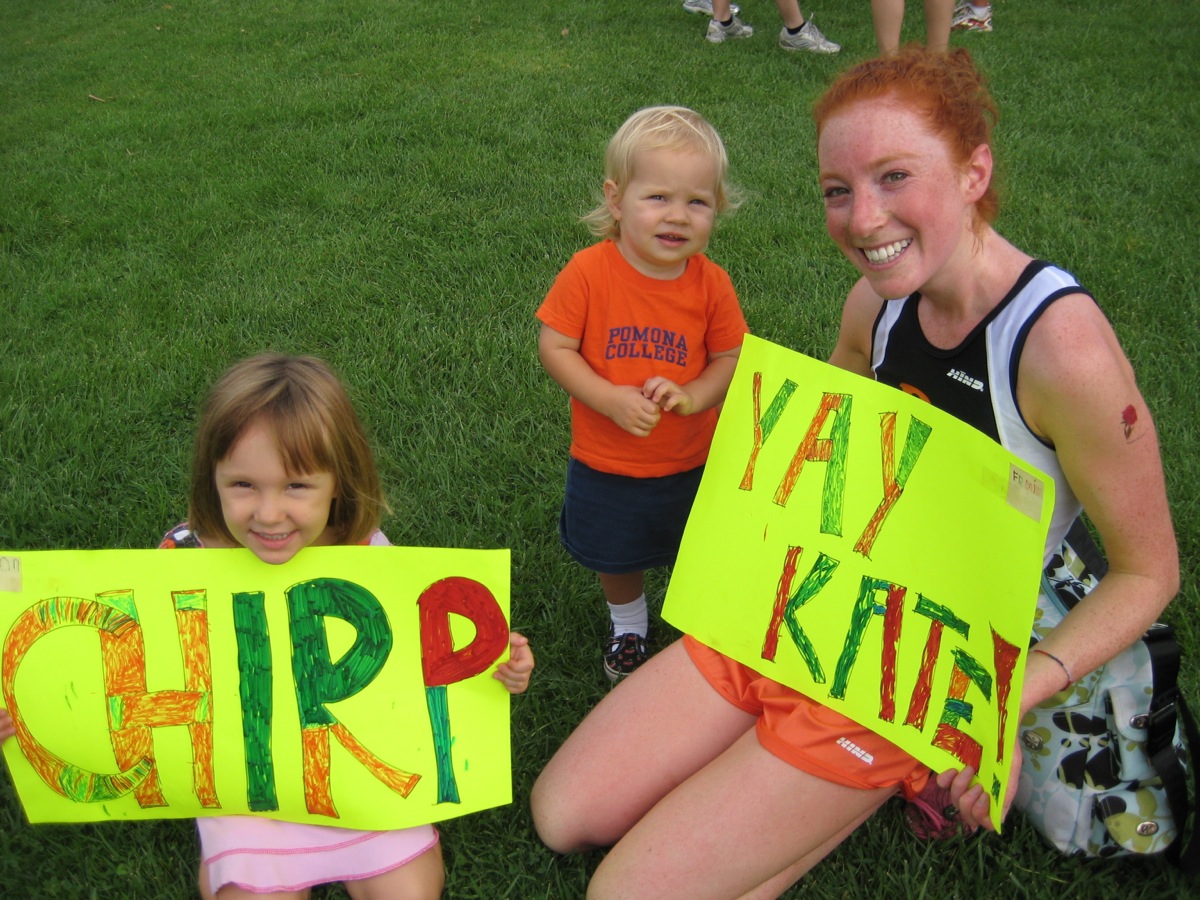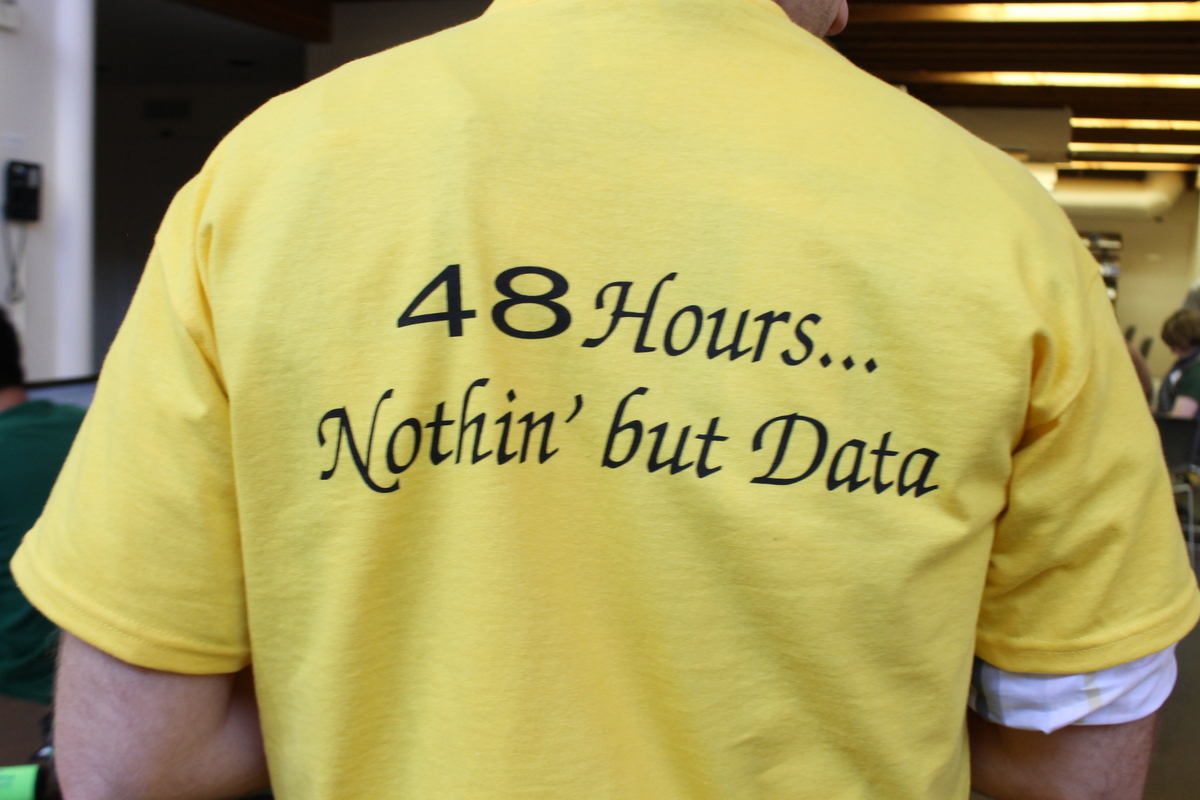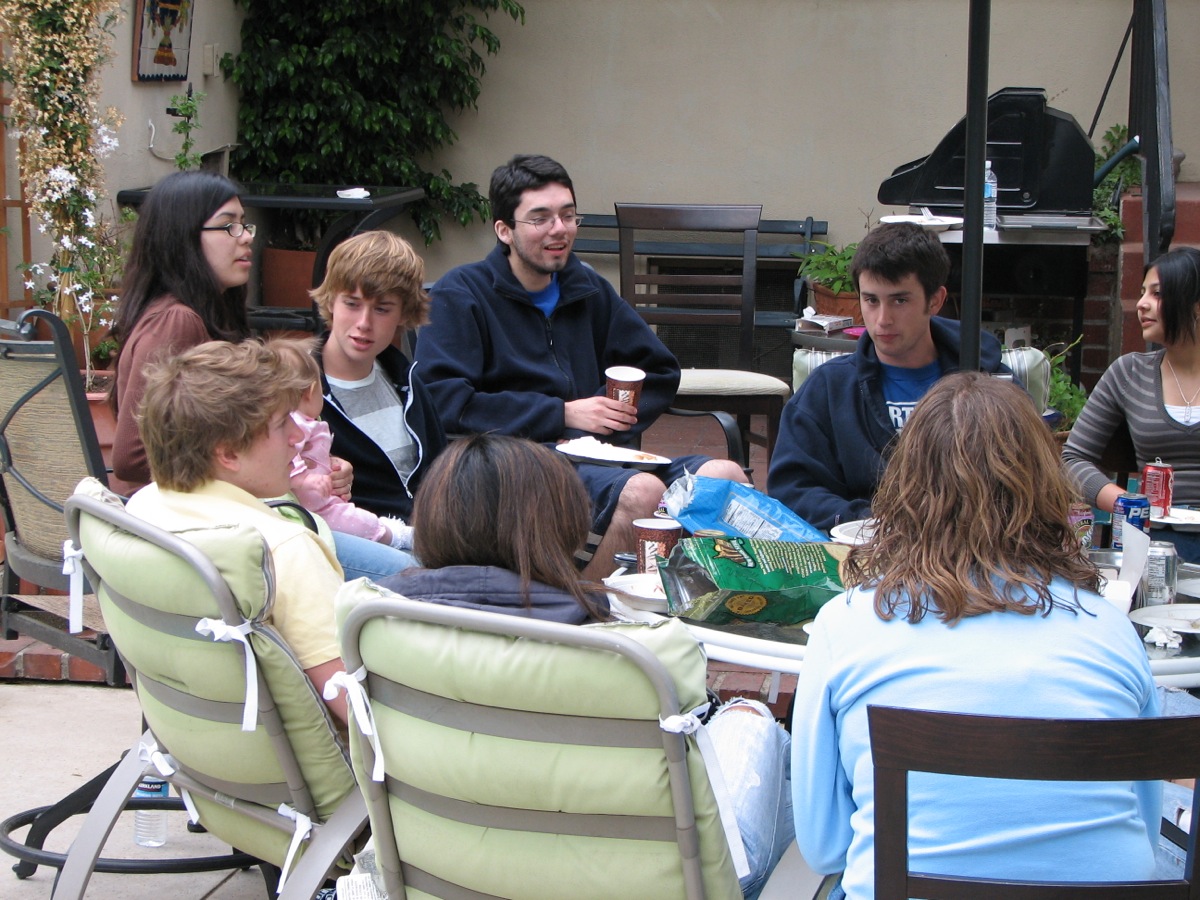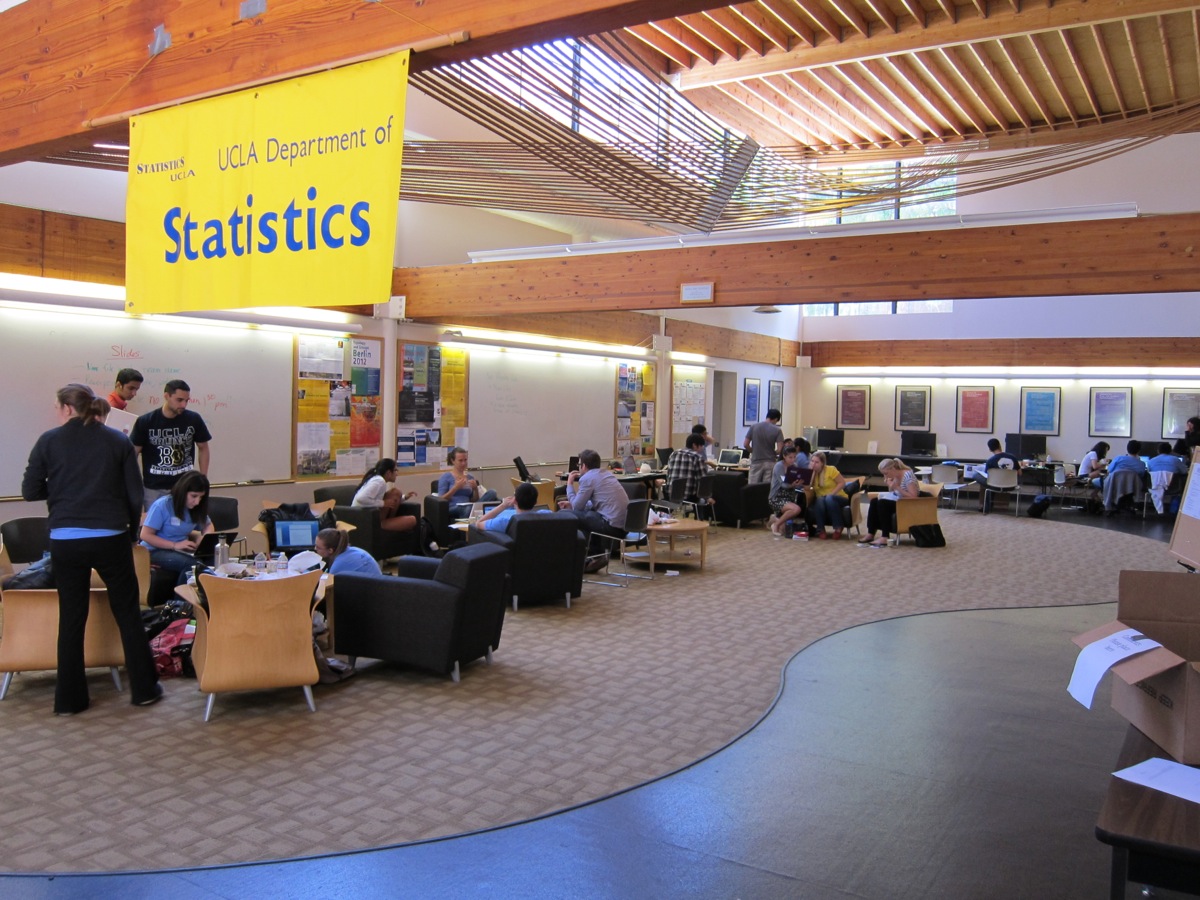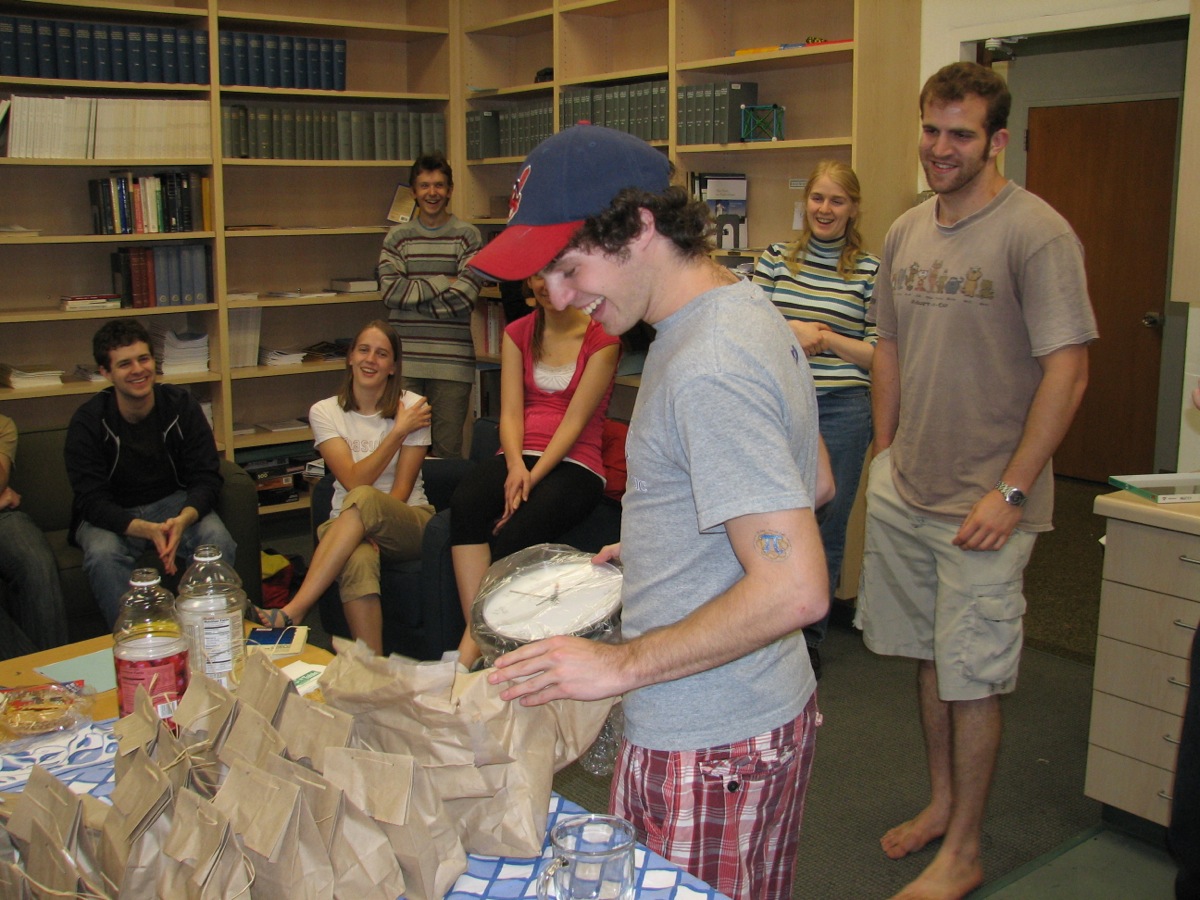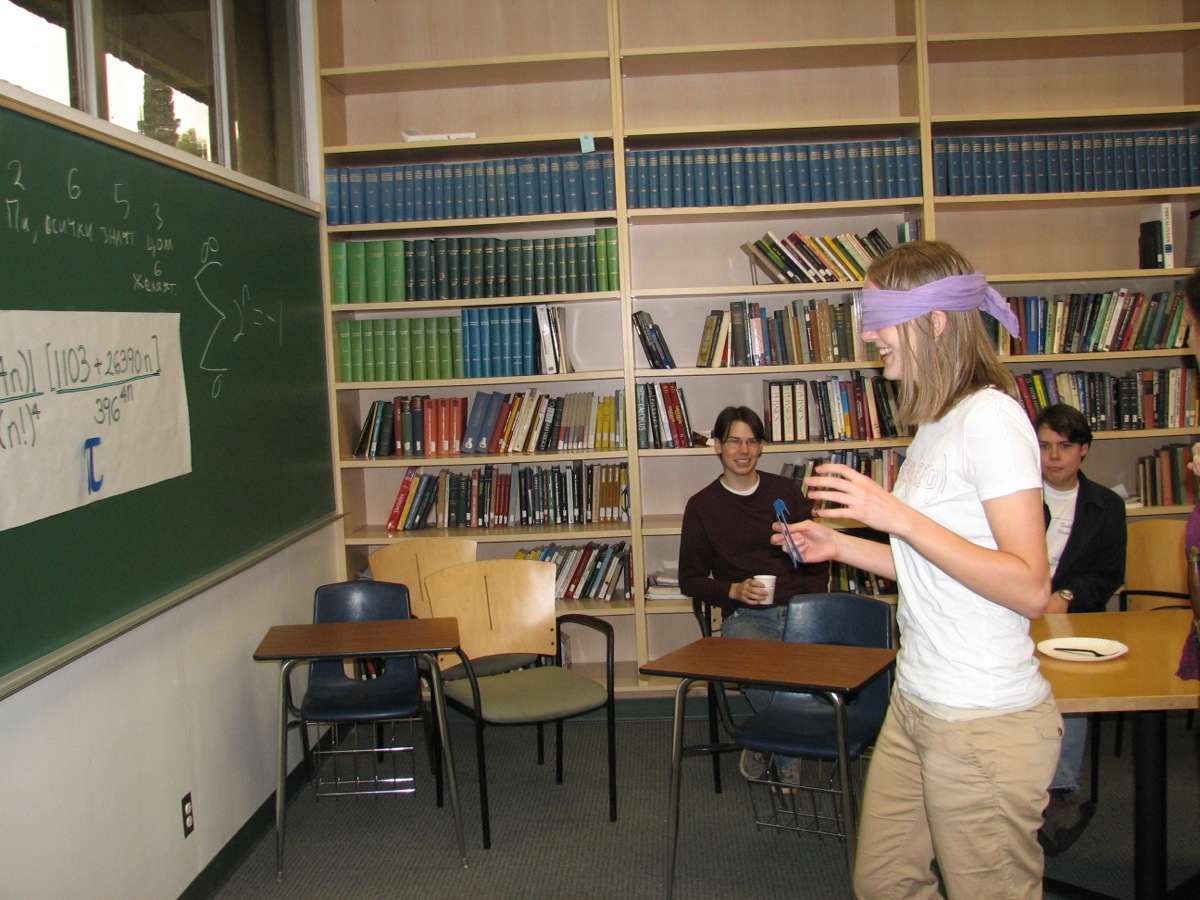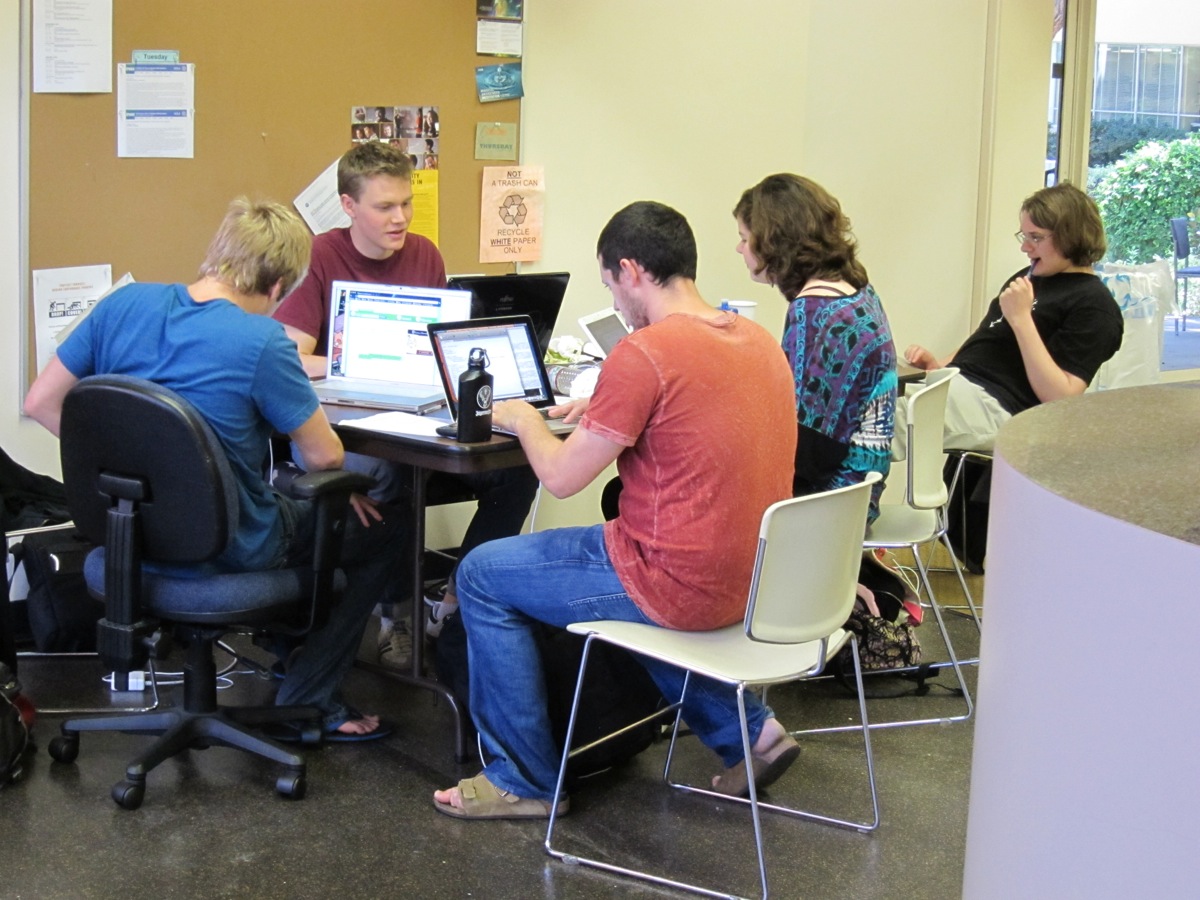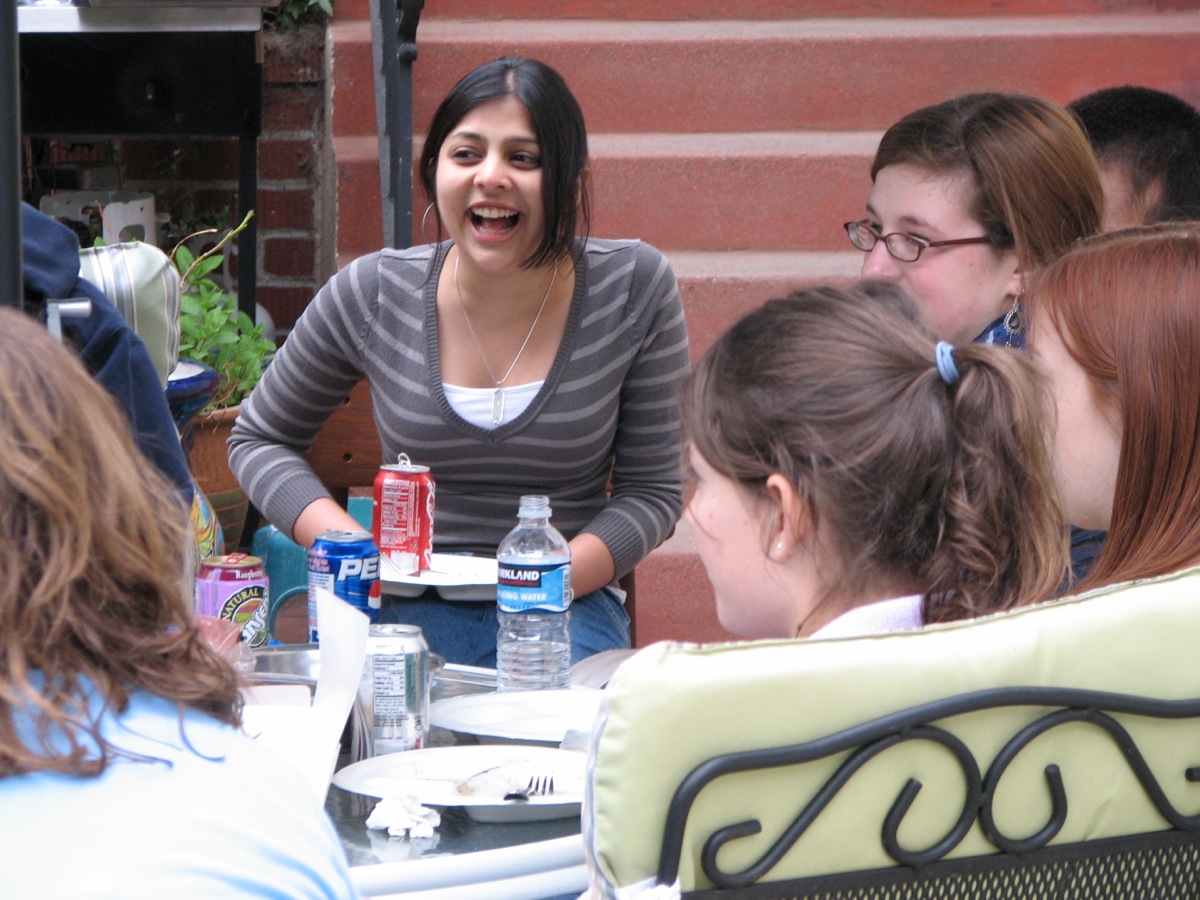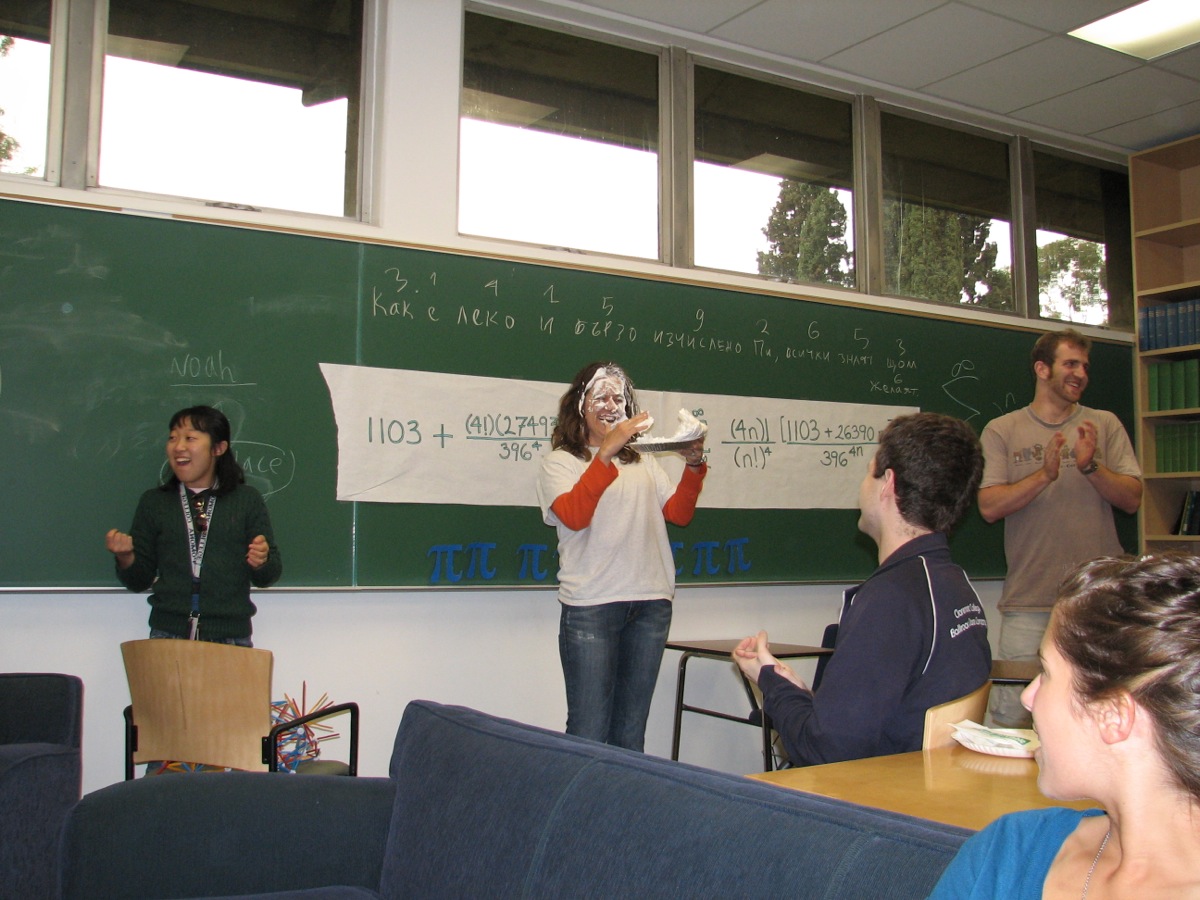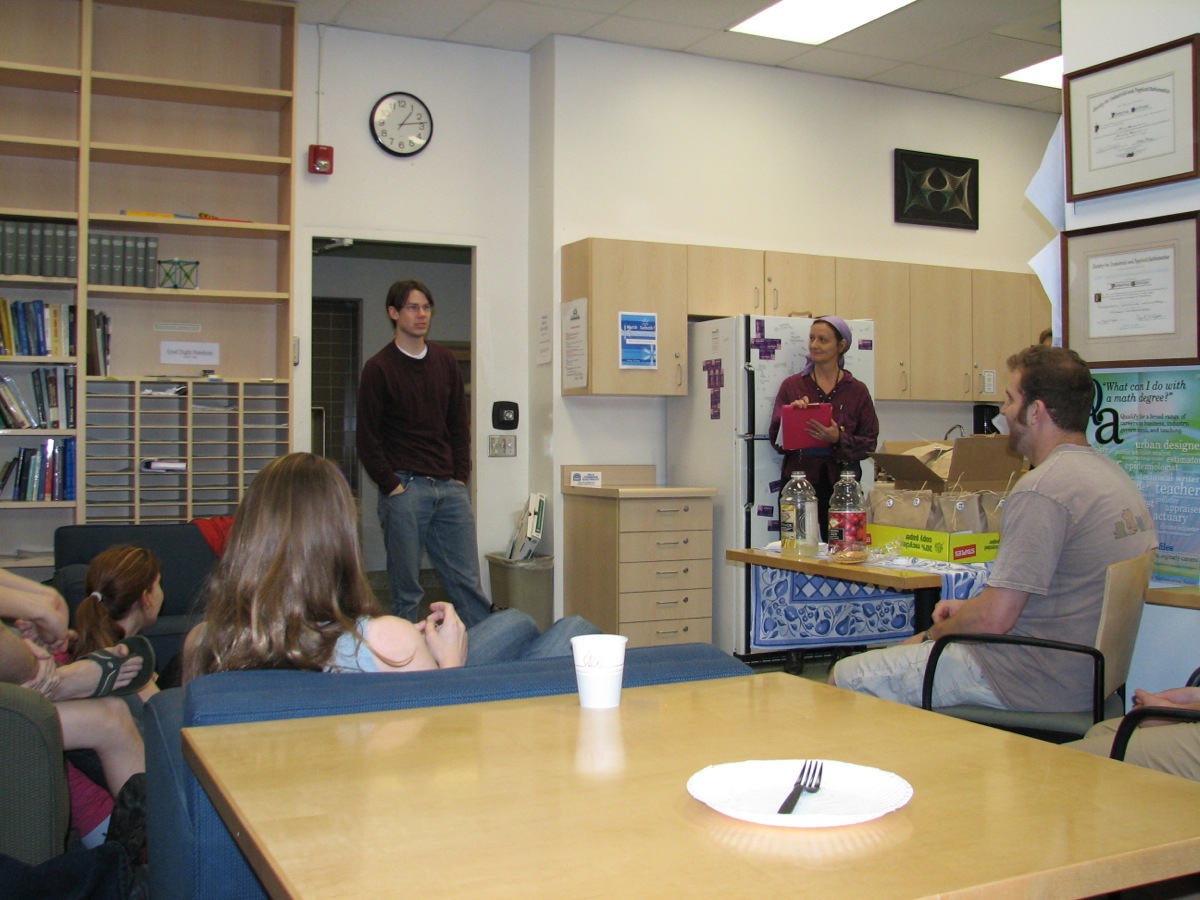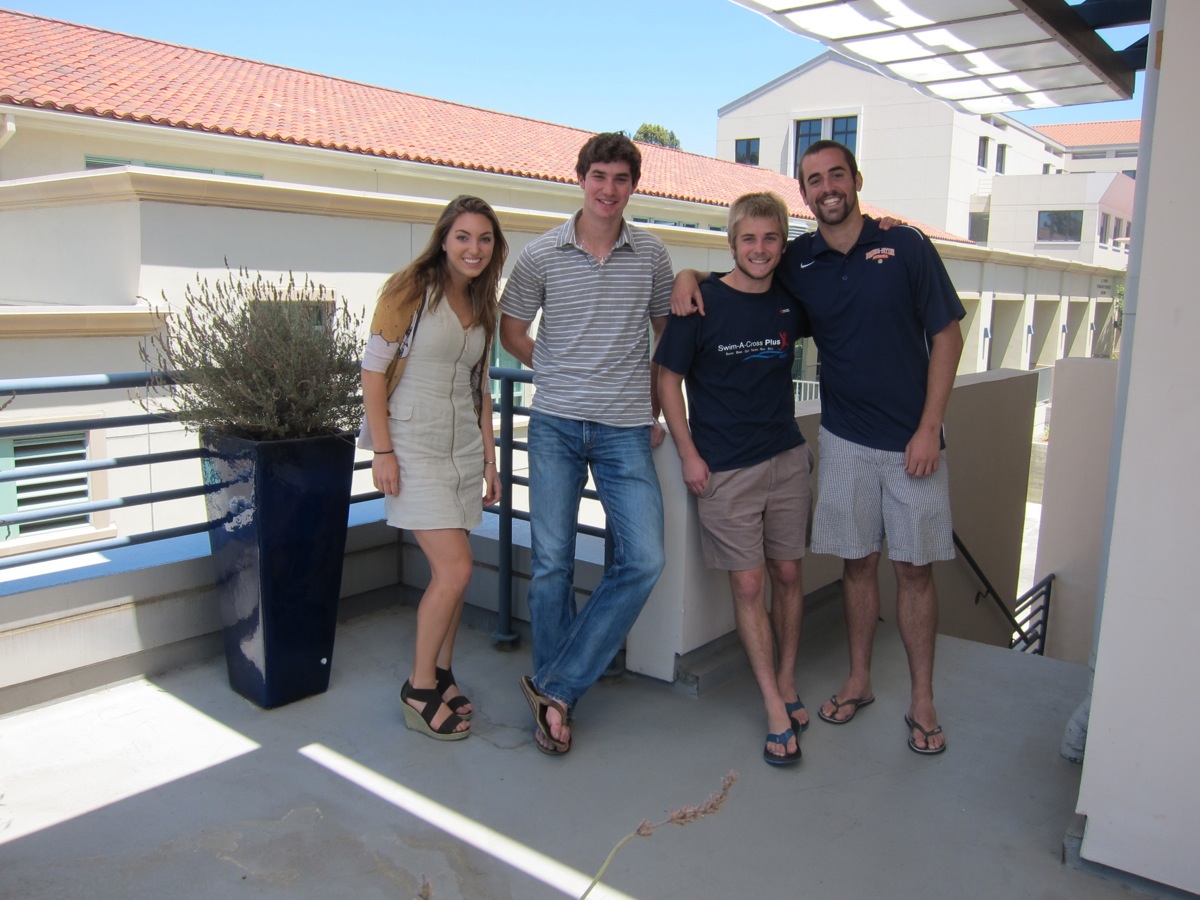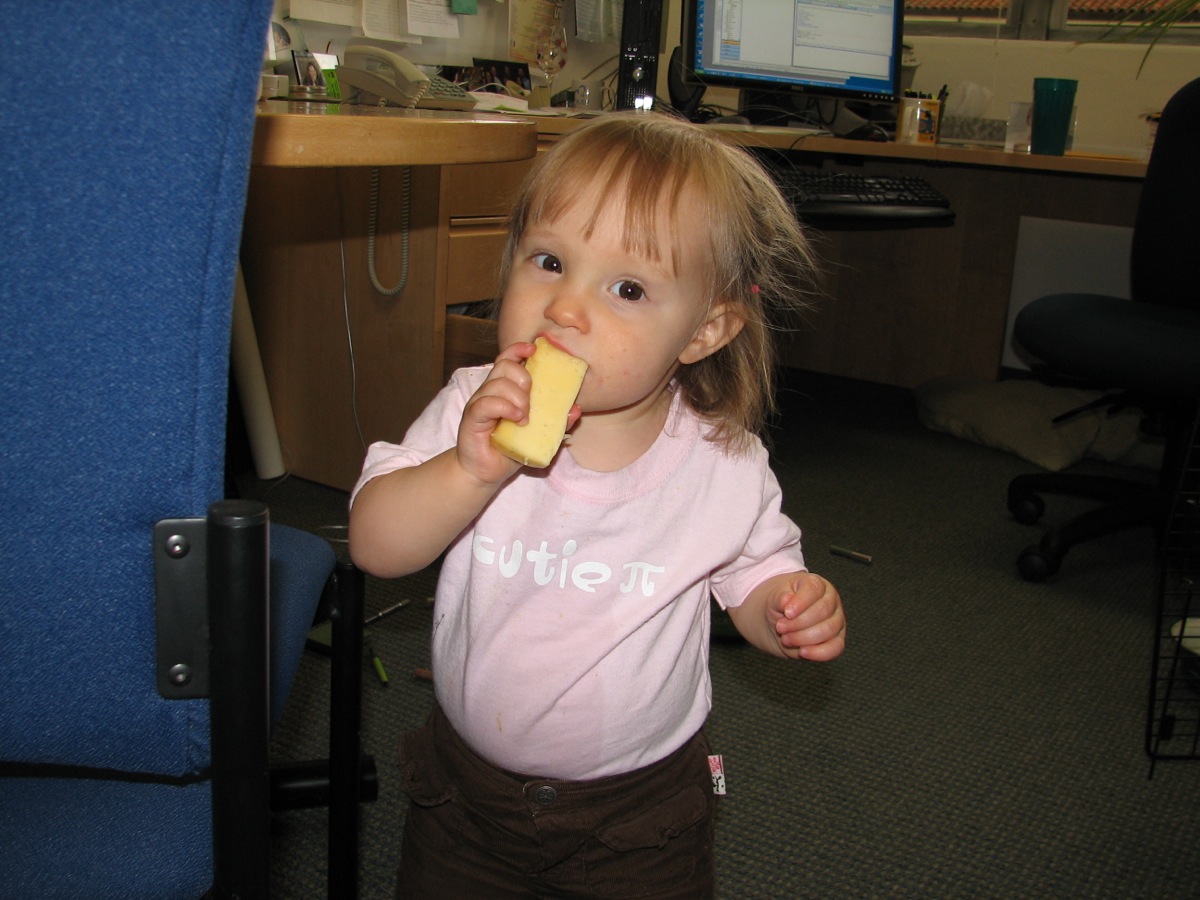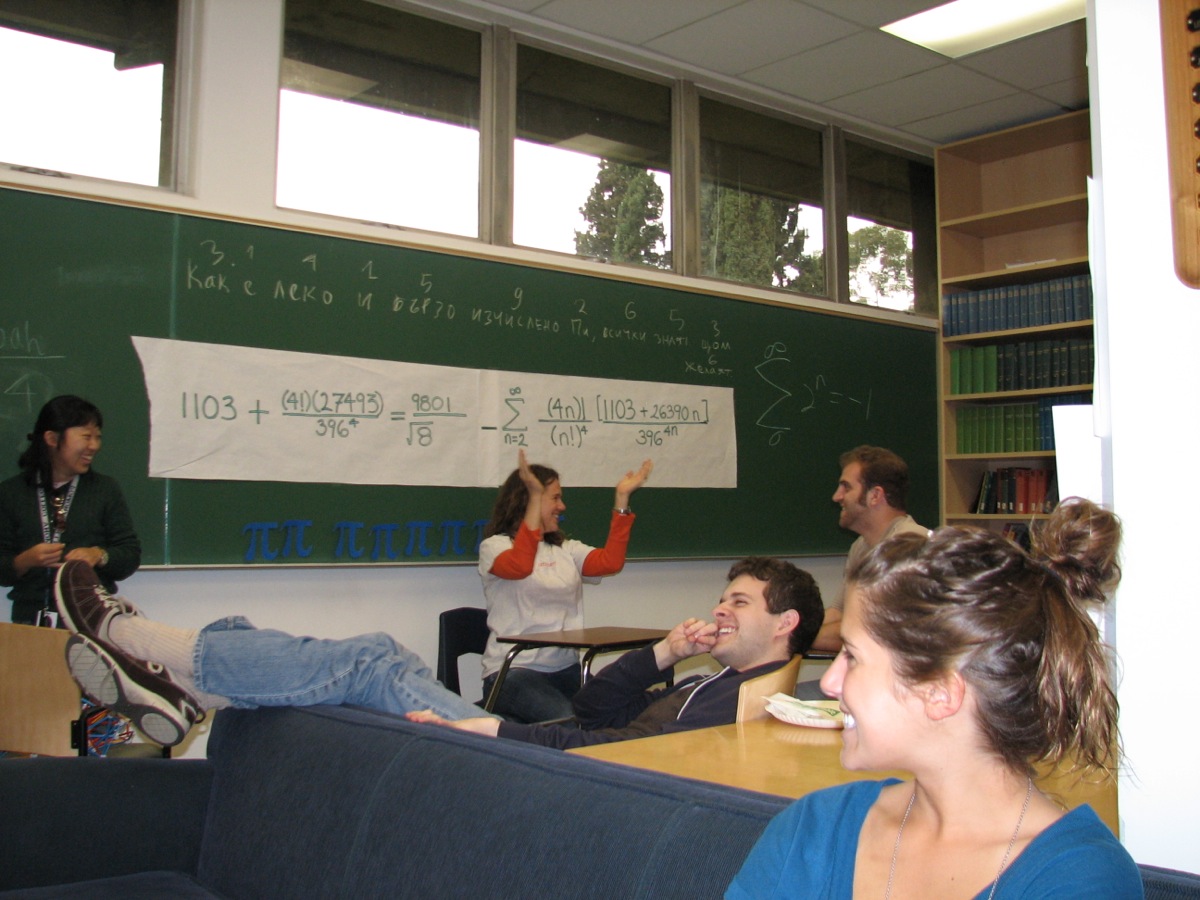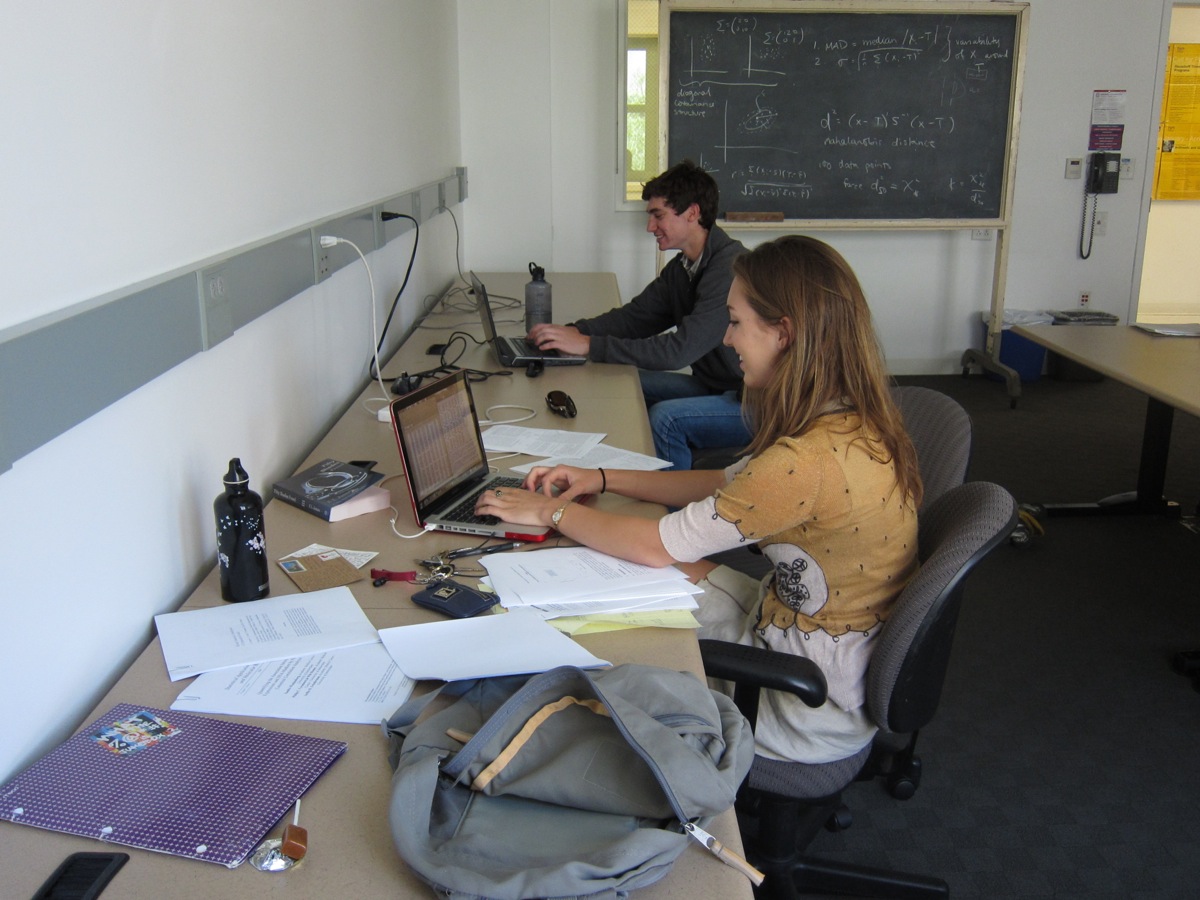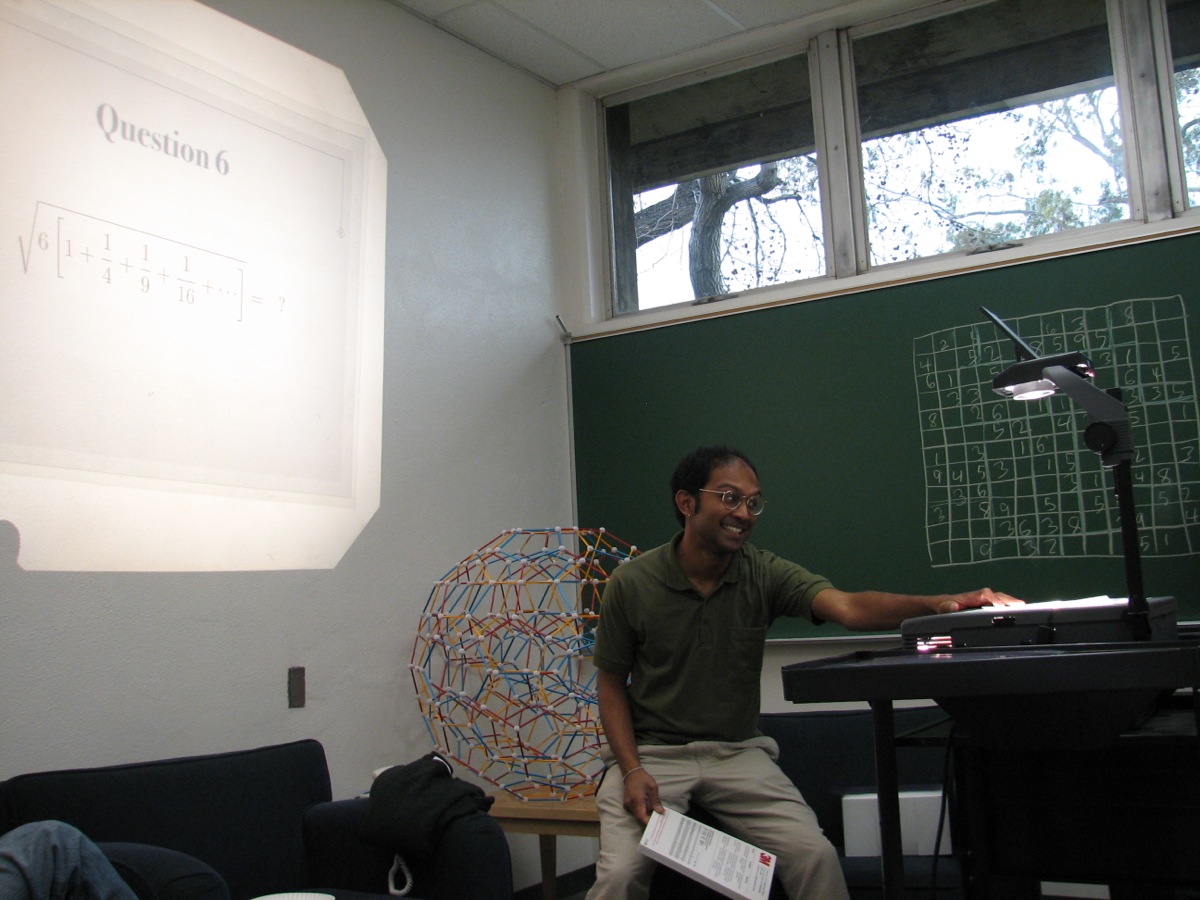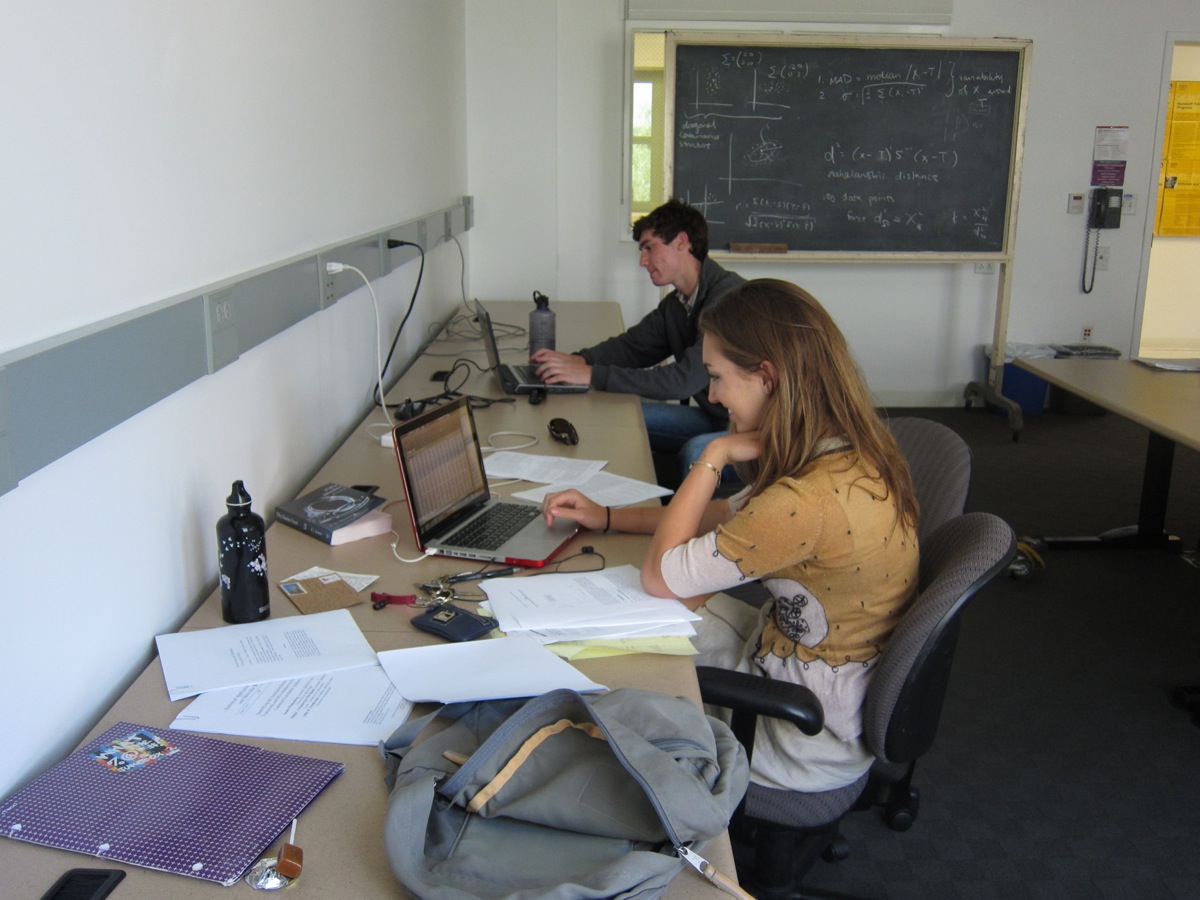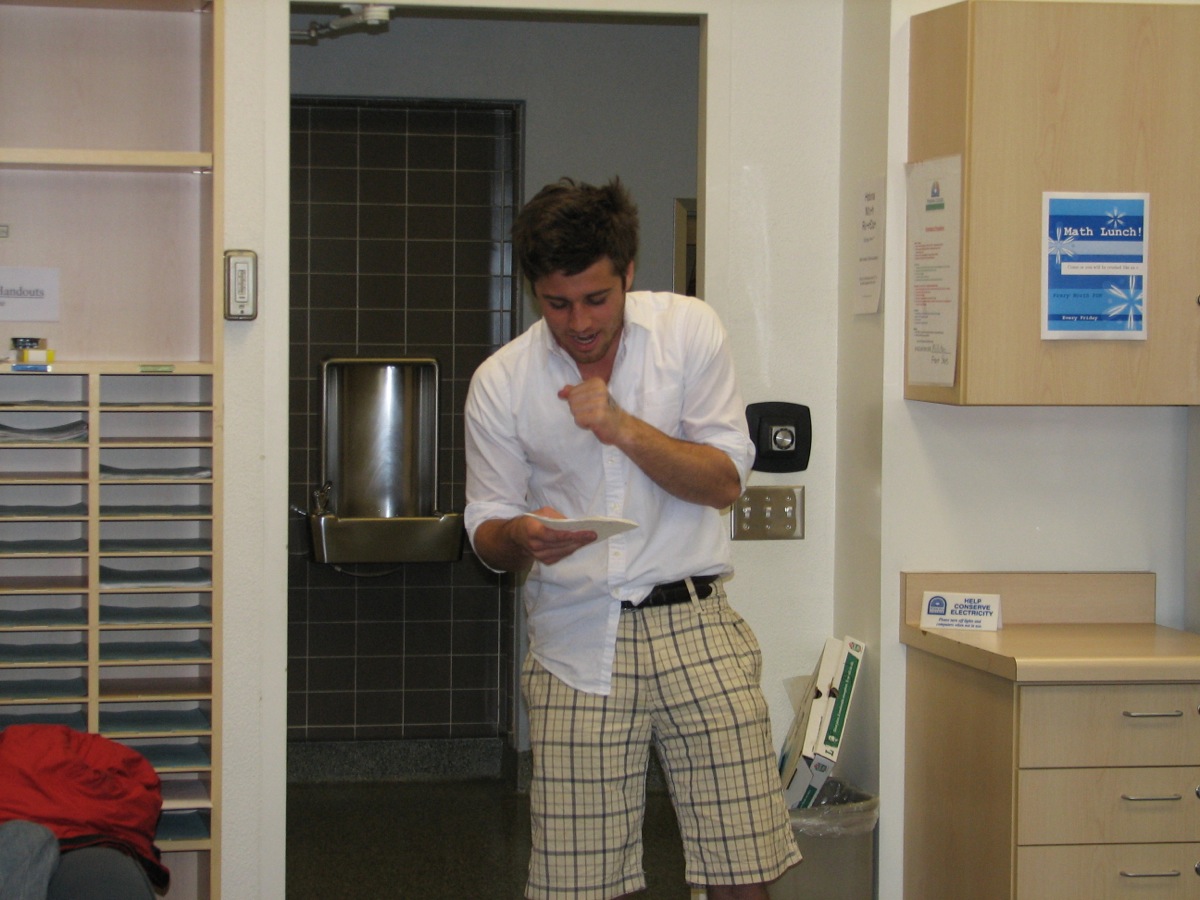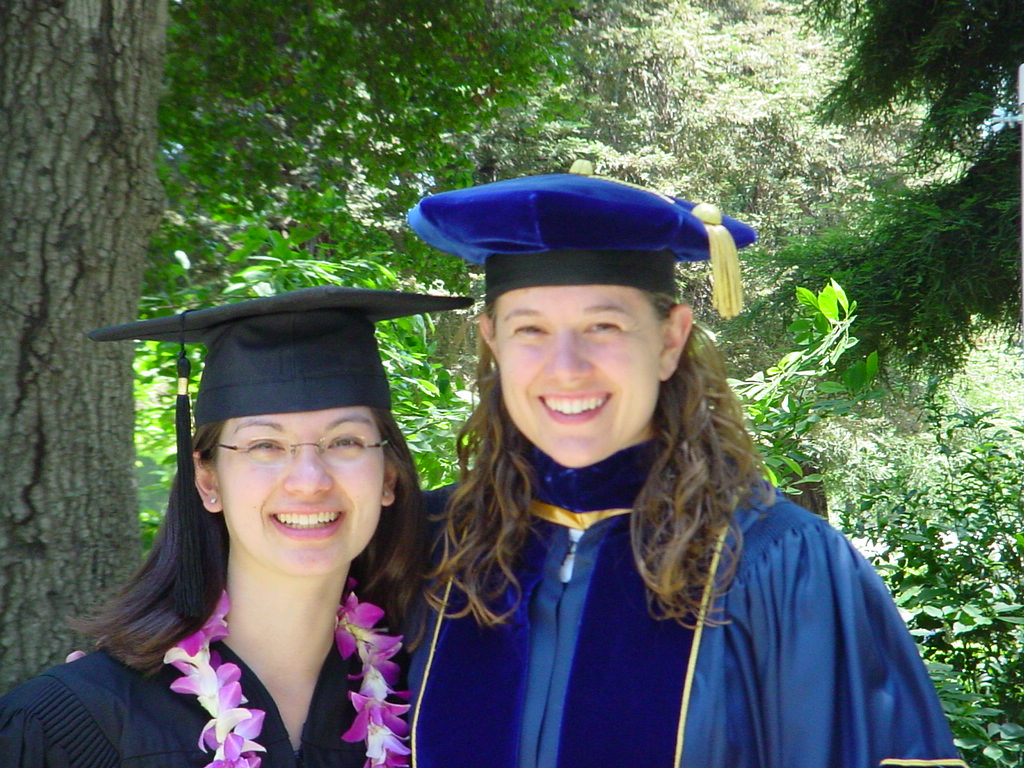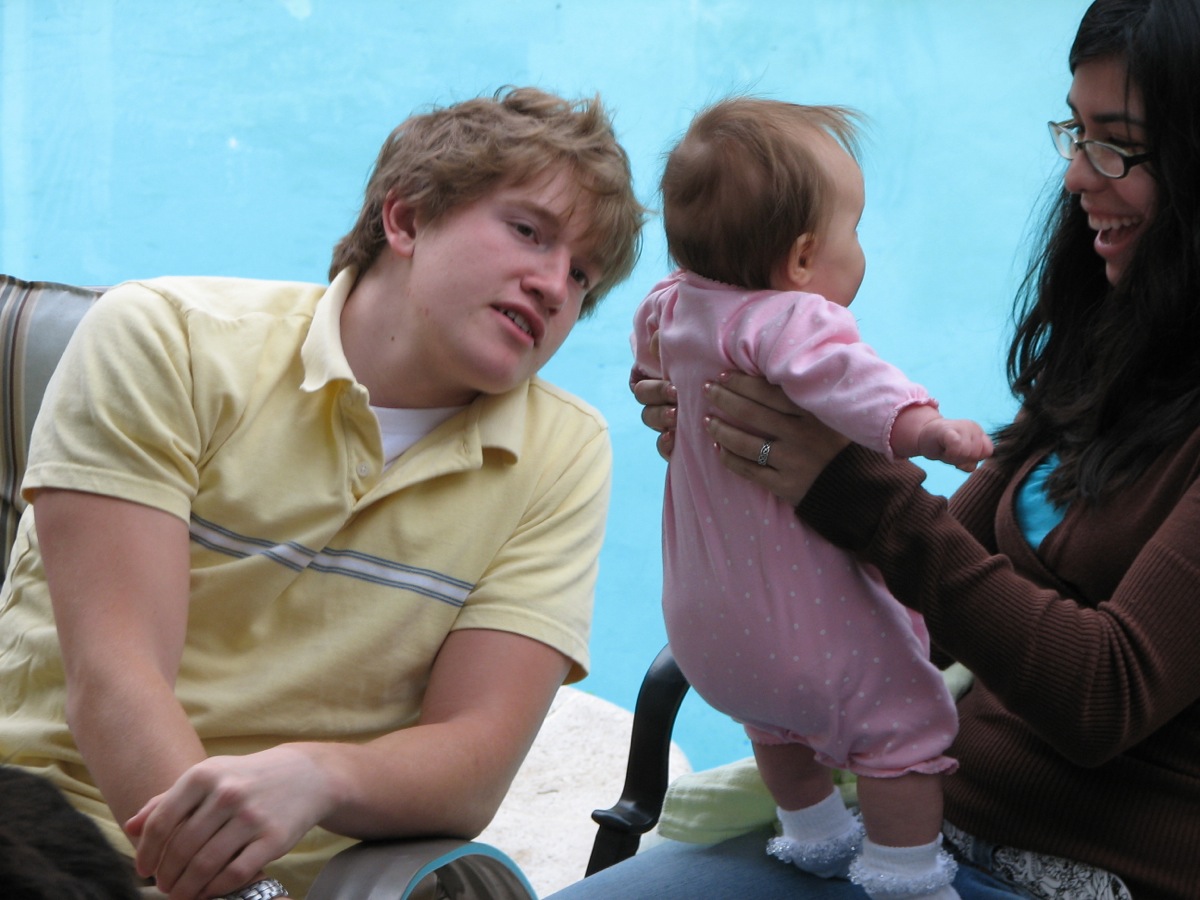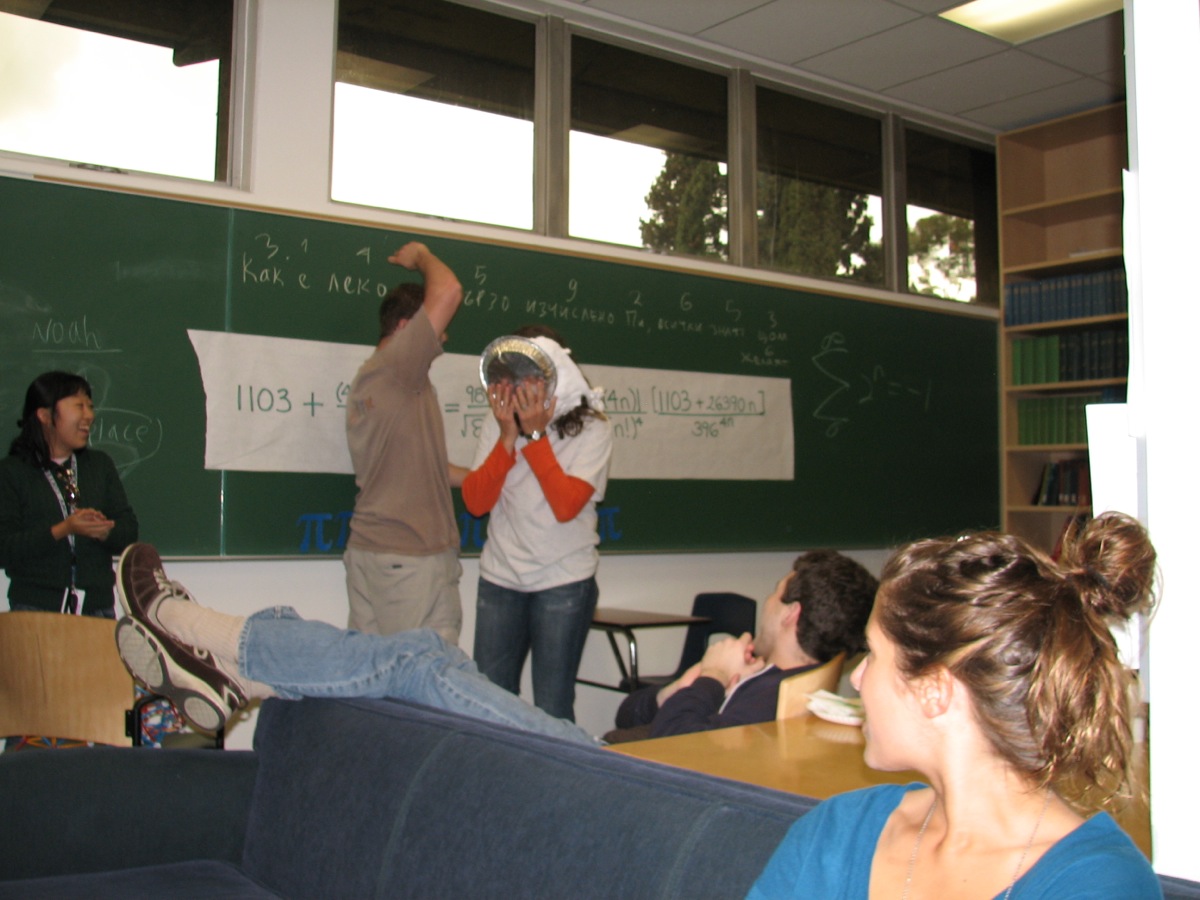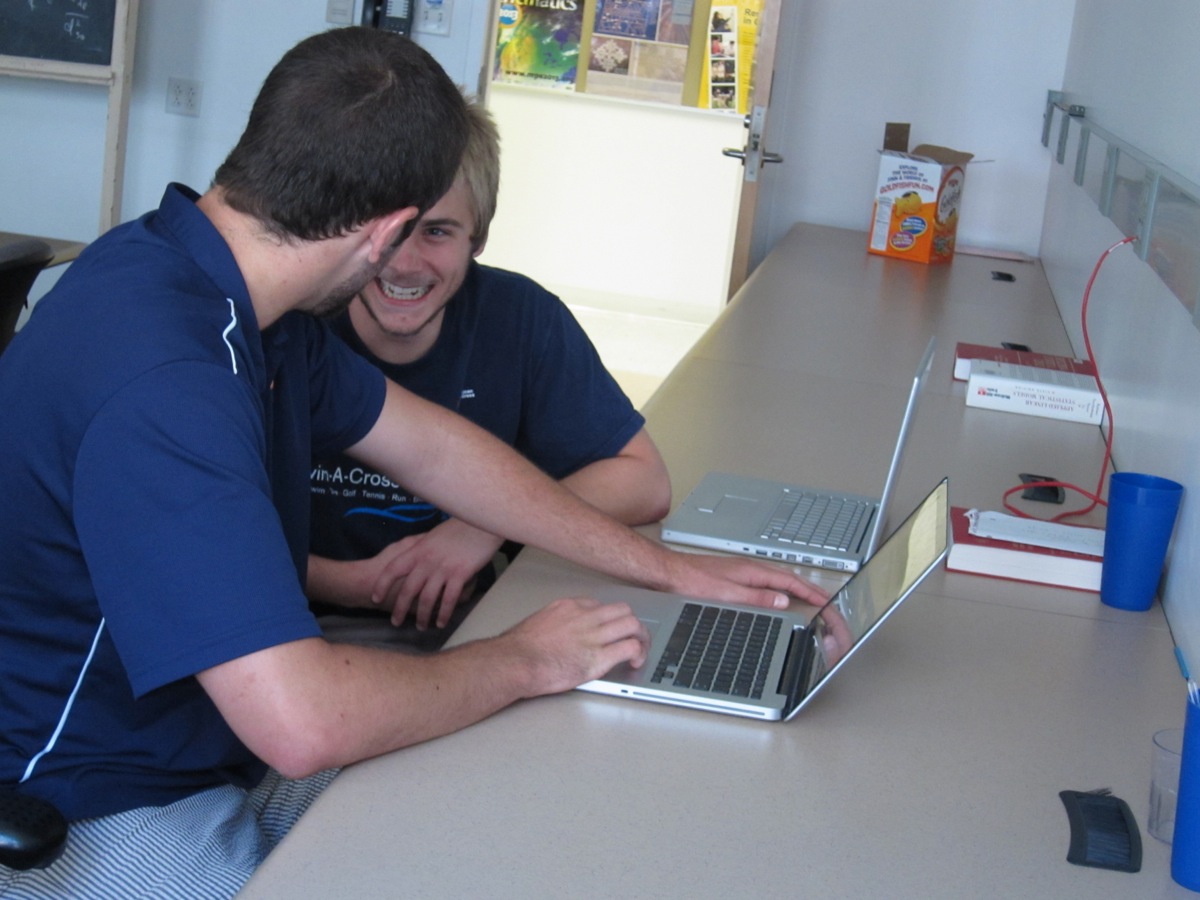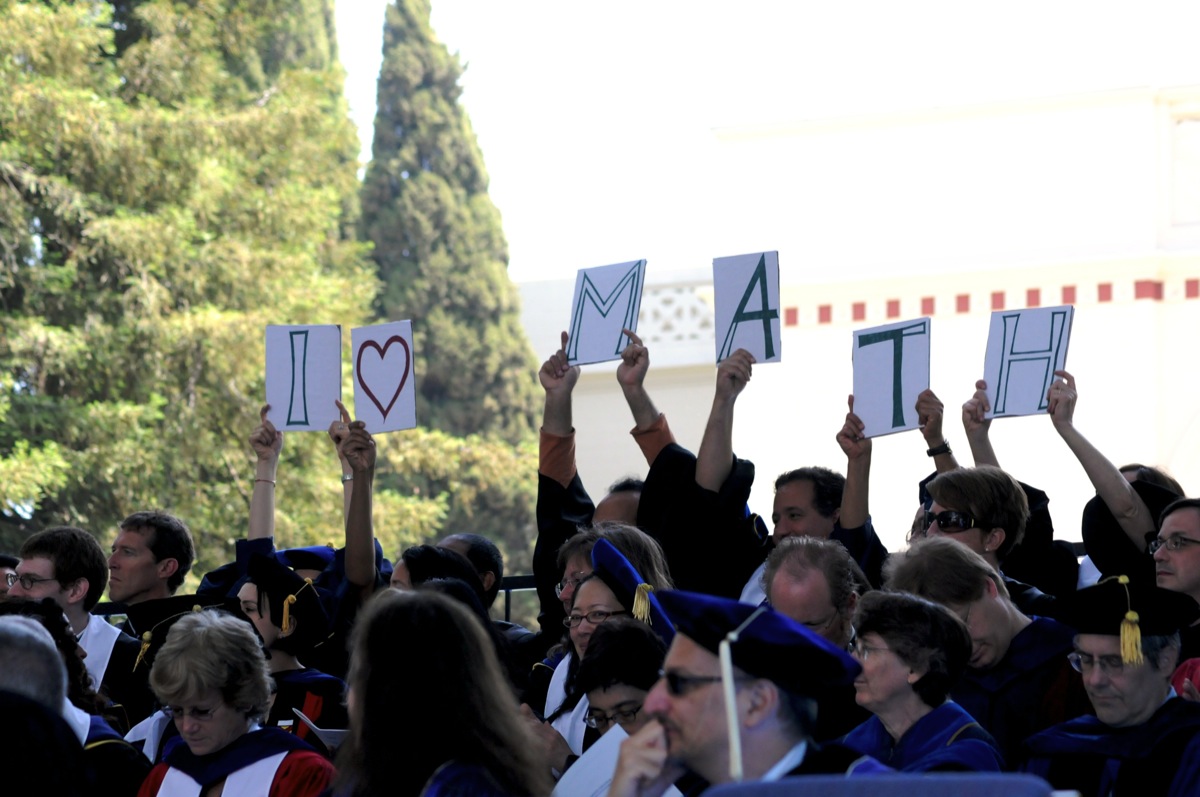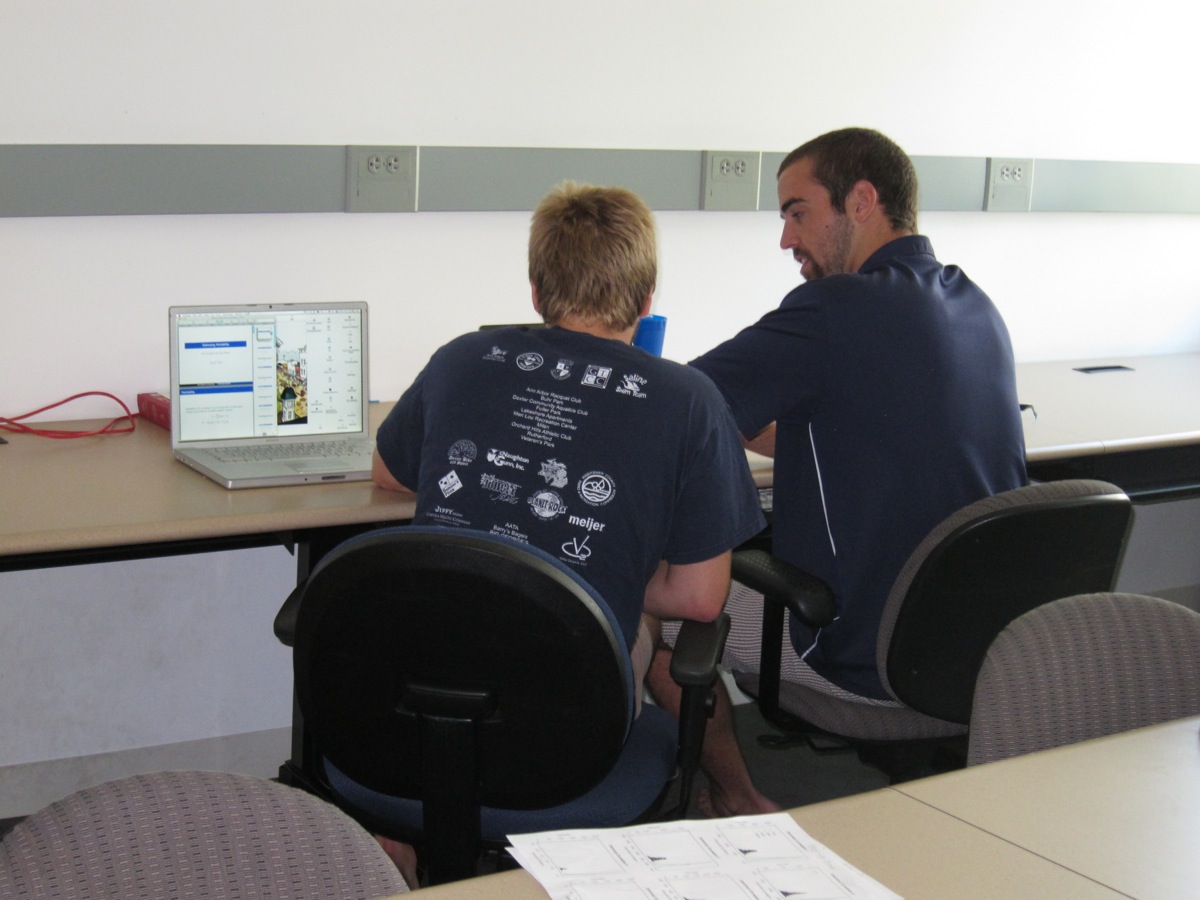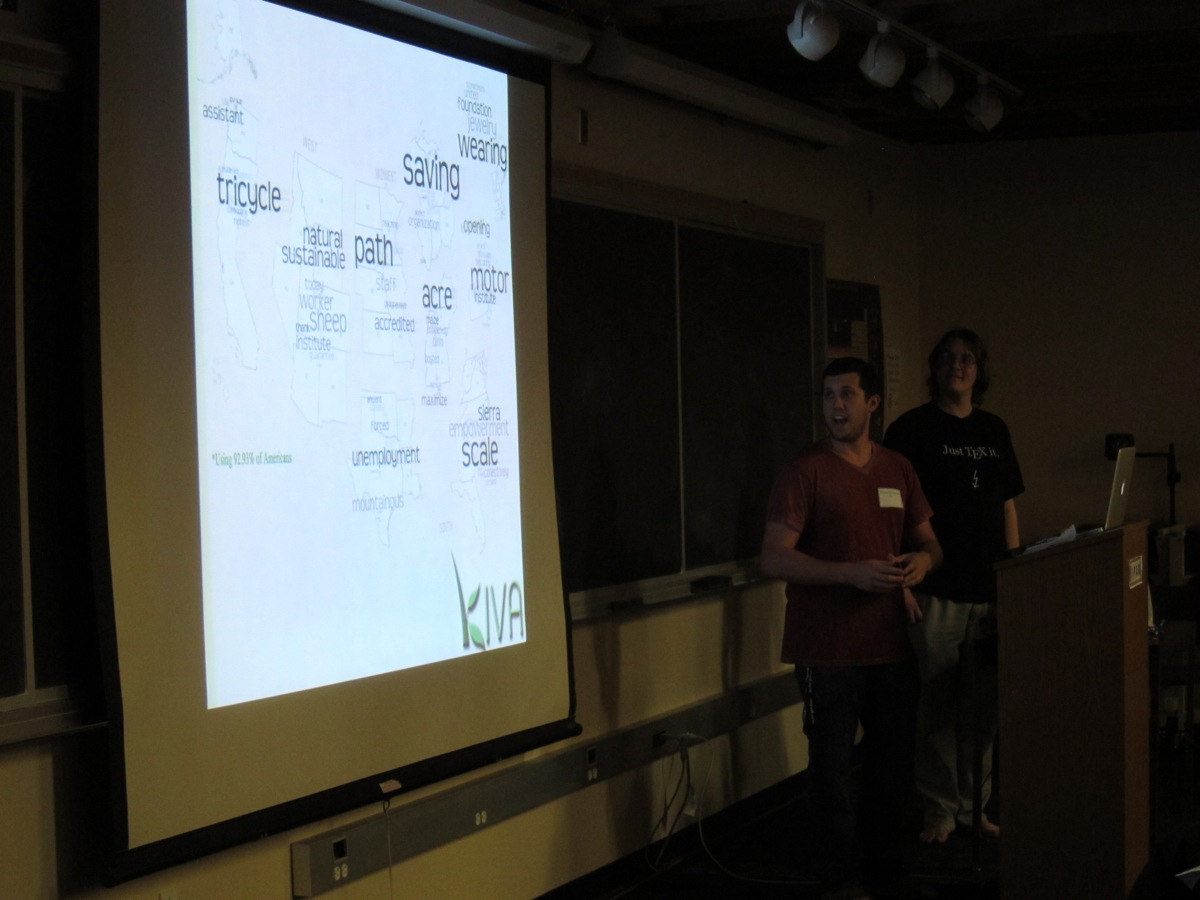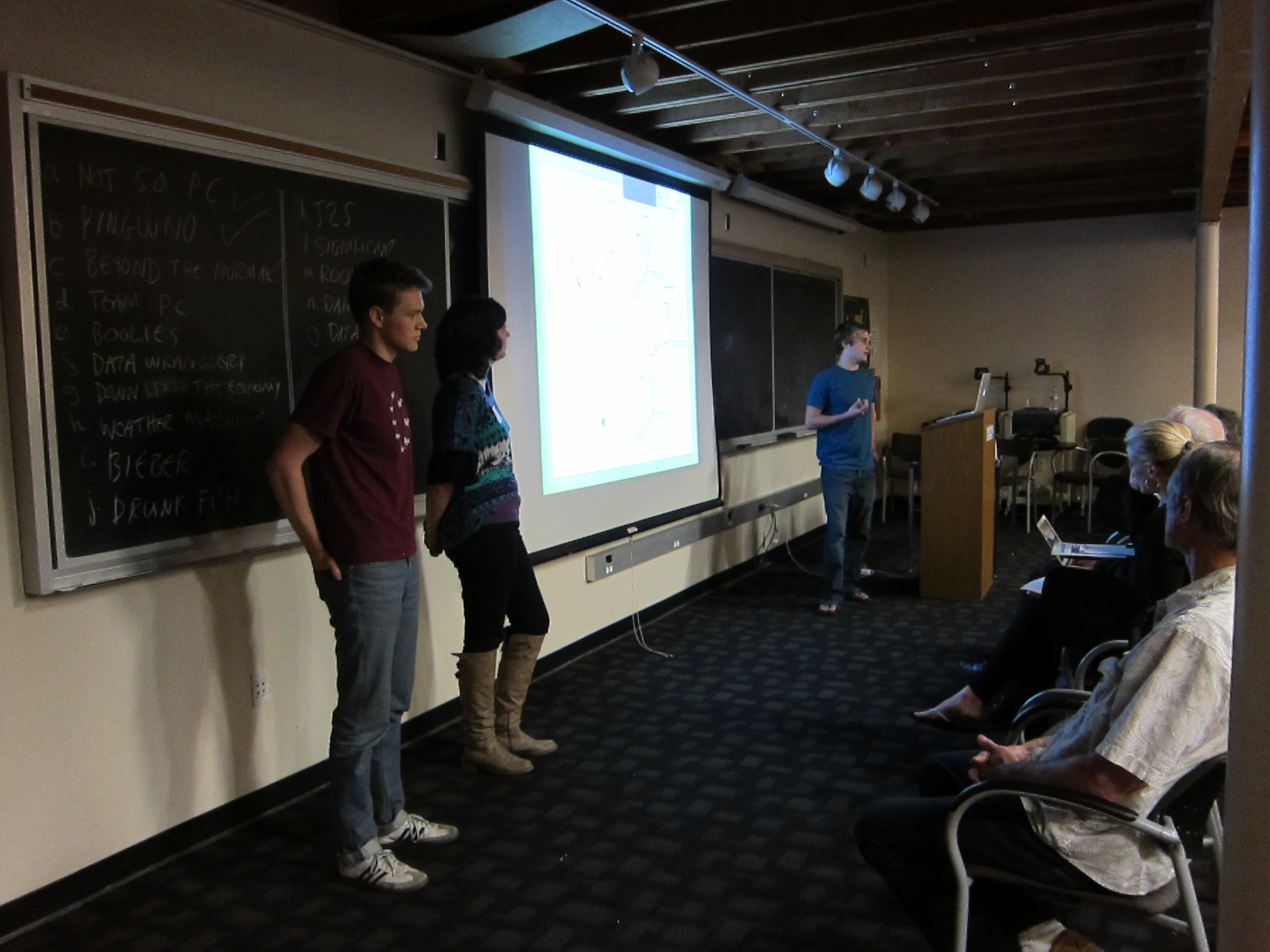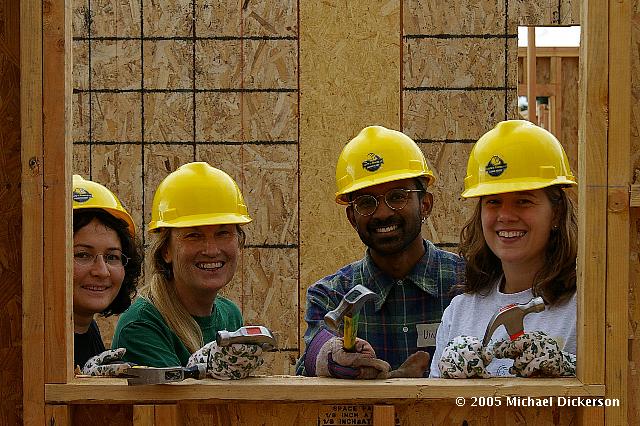Probability Theory
Math 151, Fall 2020
Jo Hardin
jo.hardin@pomona.edu
Work Parties (fka Office Hours) — on Discord (see Sakai for link)
Wednesday 8:30-10:30 am PDT
Thursday 12 – 2:00 pm PDT
Friday 7-9am PDT
Mentors: TBA
Exam 1 – take home, due Sunday, October 4th 5pm PDT
Exam 2 – take home, due Sunday, November 15th 5pm PST
Final Exam – take home, due Wednesday, December 2nd, 5pm PST
Text: Probability and Statistics, by DeGroot and Schervish (either the 3rd or 4th edition is fine)
Handouts:
- Youtube videos on getting started with R and RStudio: Introduction to RStudio
- Enough R: http://cran.r-project.org/web/packages/mosaic/vignettes/V1MinimalR.pdf
- Google for R: http://www.rseek.org/
- Data Wrangling Cheatsheet: http://www.rstudio.com/resources/cheatsheets/
- R tutorial
- Great tutorials through the Coding Club
- An Introduction to R, Venables & Smith
- R Language Definition, R Core Team
- Another tutorial, with exercises & solutions
- Probability distribution demos: ISLE widgets
- Fantastic cheat sheet for Univariate Distributions created by Lindsey Leemis
- Clicker Questions (many of which are given in my notes which are on Sakai)
Description:
- Math 151 is an introduction to probability for students with a calculus background and no prerequisites of probability or statistics. Though the course will be focused on the theoretical aspects of the material, there will be some real world applications in class and in the homework assignments. The idea is to have a strong mathematical understanding of the concepts while also understanding how the concepts are applied in the real world.
Prerequisites:
- The prerequisite is completion of the sequence of three semesters of calculus and linear algebra. We rely heavily on the prerequisites, and students with no background in multivariable calculus will find themselves trying to catch up throughout the semester.
Homework:
- Homework will be assigned from the text and due every Friday at 5pm. No late homework is accepted, but one homework grade will be dropped. Homework will be turned in via Gradescope on Sakai.
- After every single class period, you will turn in the in-class warm-up assignment via Gradescope on Sakai.
- Ideally, you will use a scanner app on a mobile device to create .pdf documents of your assignments (both HW and warm-ups). If you do not have access to a scanner app, please let me know ASAP, and we will figure out a way for you to turn in assignments.
- For help getting started with Gradescope:
- Get started page with links: https://www.gradescope.com/get_started
- First steps: https://www.youtube.com/watch?v=F2e9AK7pNFY
- Second steps: https://www.youtube.com/watch?v=VMM16gdREfg
- Annotation and navigation: https://www.youtube.com/watch?v=j–Lu90c_9I
- How to submit as a student: https://www.youtube.com/watch?v=KMPoby5g_nE
Computing:
- R and RStudio will be used for all homework assignments.
- You can use R on the Pomona server: https://rstudio.pomona.edu/ (All Pomona students will be able to log in immediately. Non-Pomona students need to get Pomona login information.)
- Alternatively, feel free to download R onto your own computer. R is freely available at http://www.r-project.org/ and is already installed on college computers. Additionally, you are required to install R Studio and turn in all R assignments using R Markdown. http://rstudio.org/. (You can use the LaTeX compiler at: https://yihui.name/tinytex/)
Participation:
- This class will be interactive which means that I hope you come to class. I recognize that not everyone lives in a time zone conducive to being at class. If you can be in class, I hope you will join us. If you can’t be in class, you should still stay up with the class materials by watching videos and by turning in daily warm-up assignments.
- When you are in breakout rooms working on problems, I hope that you will turn on your camera and interact with your peers! If you can’t turn on your camera, I hope that you will have a photo of yourself (instead of a black screen) so that our class feels more like a community.
- This class will be using Discord to stay in touch. We will have office hours on Discord and it will also serve as a place to ask each other questions and stay up to date with the material. See Sakai for the Discord login information.
Academic Honesty:
- We will have take-home asynchronous exams. As such, you are on your honor to present only your work as part of that assessment. Below, I’ve provided Pomona’s academic honesty policy. But before the policy, I’ve given some thoughts on cheating which I have taken from Nick Ball’s CHEM 147 Collective (thank you, Prof Ball!). Prof Ball gives us all something to think about when we are learning in a classroom as well as on our journey to become scientists and professionals:
There are many known reasons why we may feel the need to “cheat” on problem sets or exams:
-
-
- An academic environment that values grades above learning.
- Financial aid is critical for remaining in school that places undue pressure on maintaining a high GPA.
- Navigating school, work, and/or family obligations that have diverted focus from class.
- Challenges balancing coursework and mental health.
- Balancing academic, family, peer, or personal issues.
-
Being accused of cheating – whether it has occurred or not – can be devastating for students. The college requires me to respond to potential academic dishonesty with a process that is very long and damaging. As your instructor, I care about you and want to offer alternatives to prevent us from having to go through this process. If you find yourself in a situation where “cheating” seems like the only option:
Please come talk to me. We will figure this out together.
- Pomona College is an academic community, all of whose members are expected to abide by ethical standards both in their conduct and in their exercise of responsibilities toward other members of the community. The college expects students to understand and adhere to basic standards of honesty and academic integrity. These standards include, but are not limited to, the following:
- In projects and assignments prepared independently, students never represent the ideas or the language of others as their own.
- Students do not destroy or alter either the work of other students or the educational resources and materials of the College.
- Students neither give nor receive assistance in examinations.
- Students do not take unfair advantage of fellow students by representing work completed for one course as original work for another or by deliberately disregarding course rules and regulations.
- In laboratory or research projects involving the collection of data, students accurately report data observed and do not alter these data for any reason.
Advice:
- Please email and / or set up a time to talk if you have any questions about or difficulty with the material, the computing, or the course. Talk to me as soon as possible if you find yourself struggling. The material will build on itself, so it will be much easier to catch up if the concepts get clarified earlier rather than later. This semester is going to be fun. Let’s do it.
Grading:
- 25% Homework
- 20% Exam 1
- 20% Exam 2
- 25% Final Exam
- 10% Warm-up exercises

